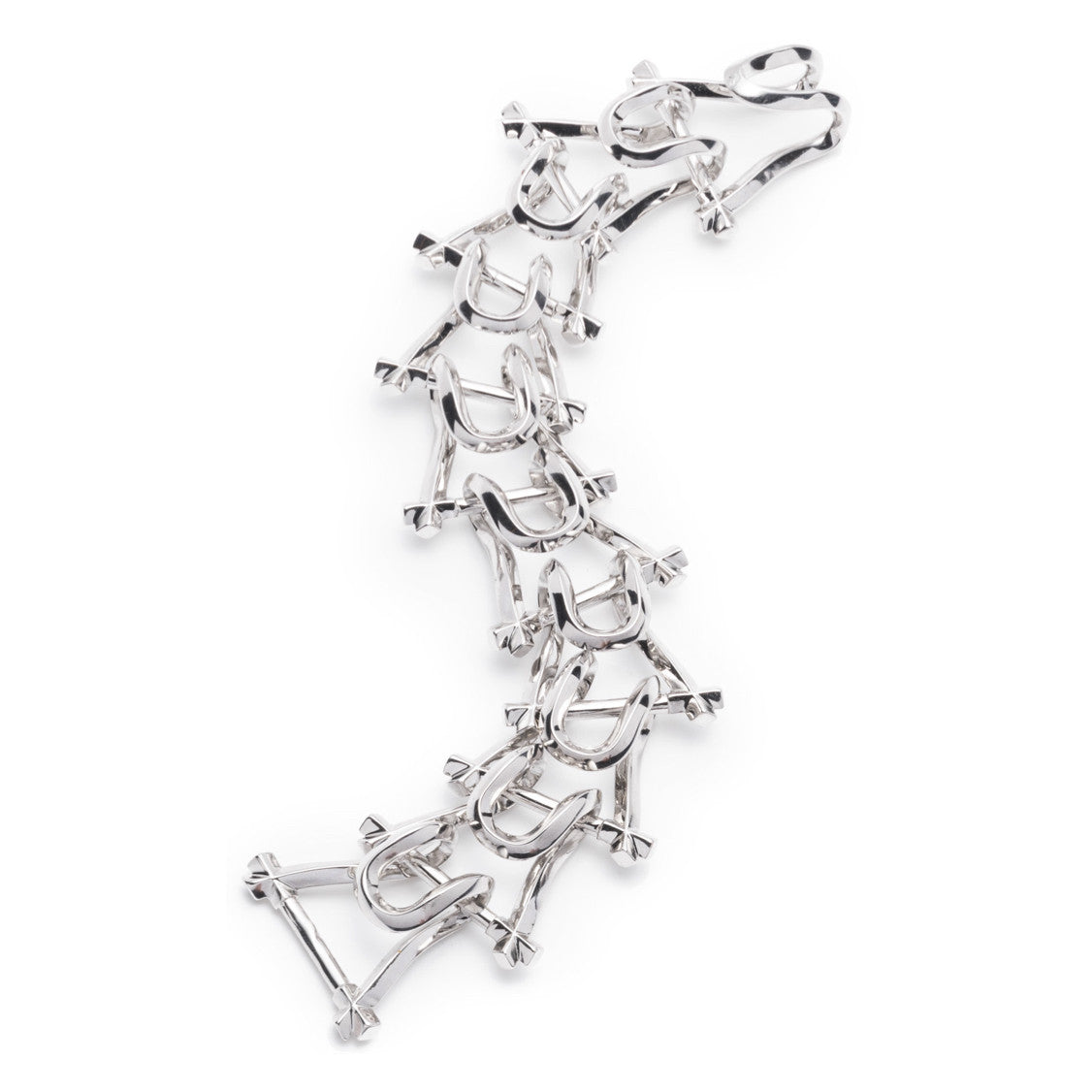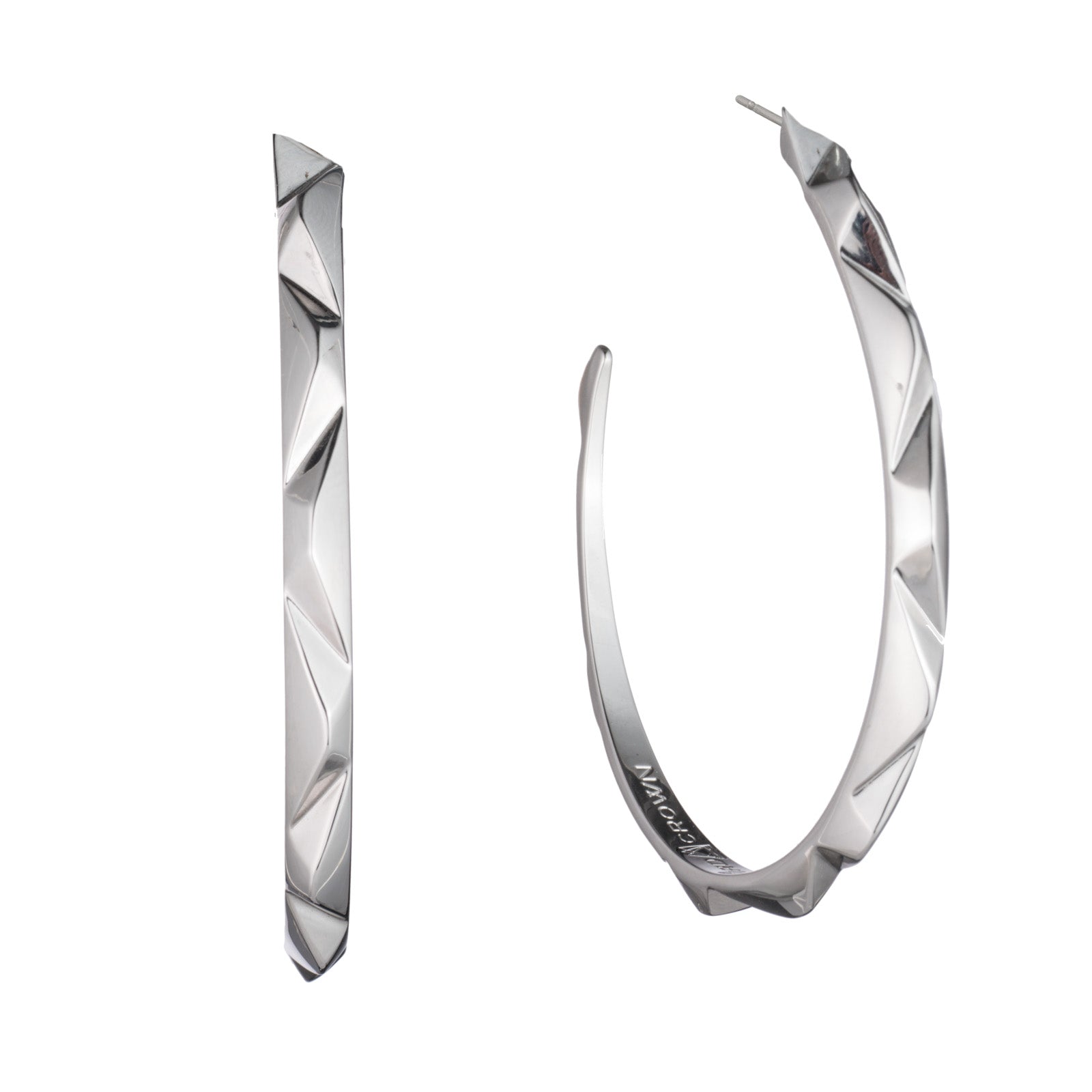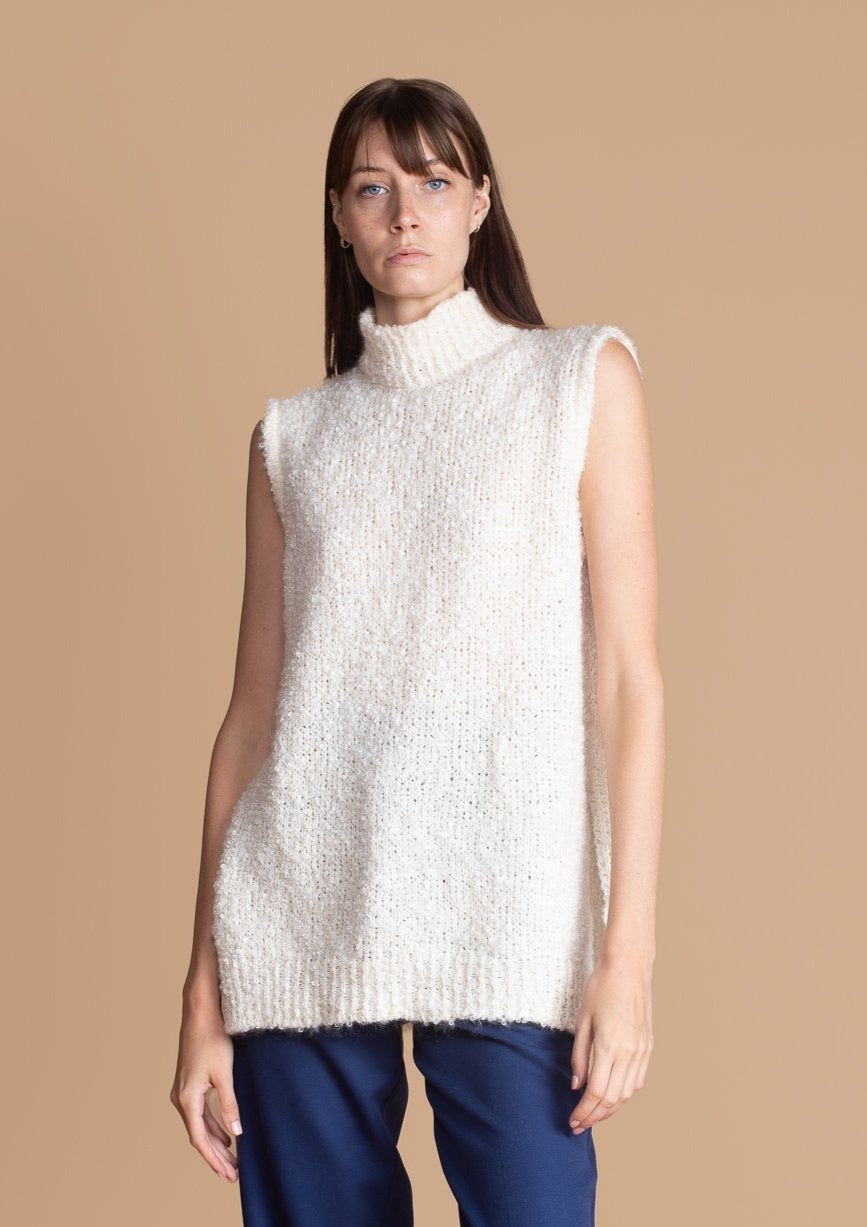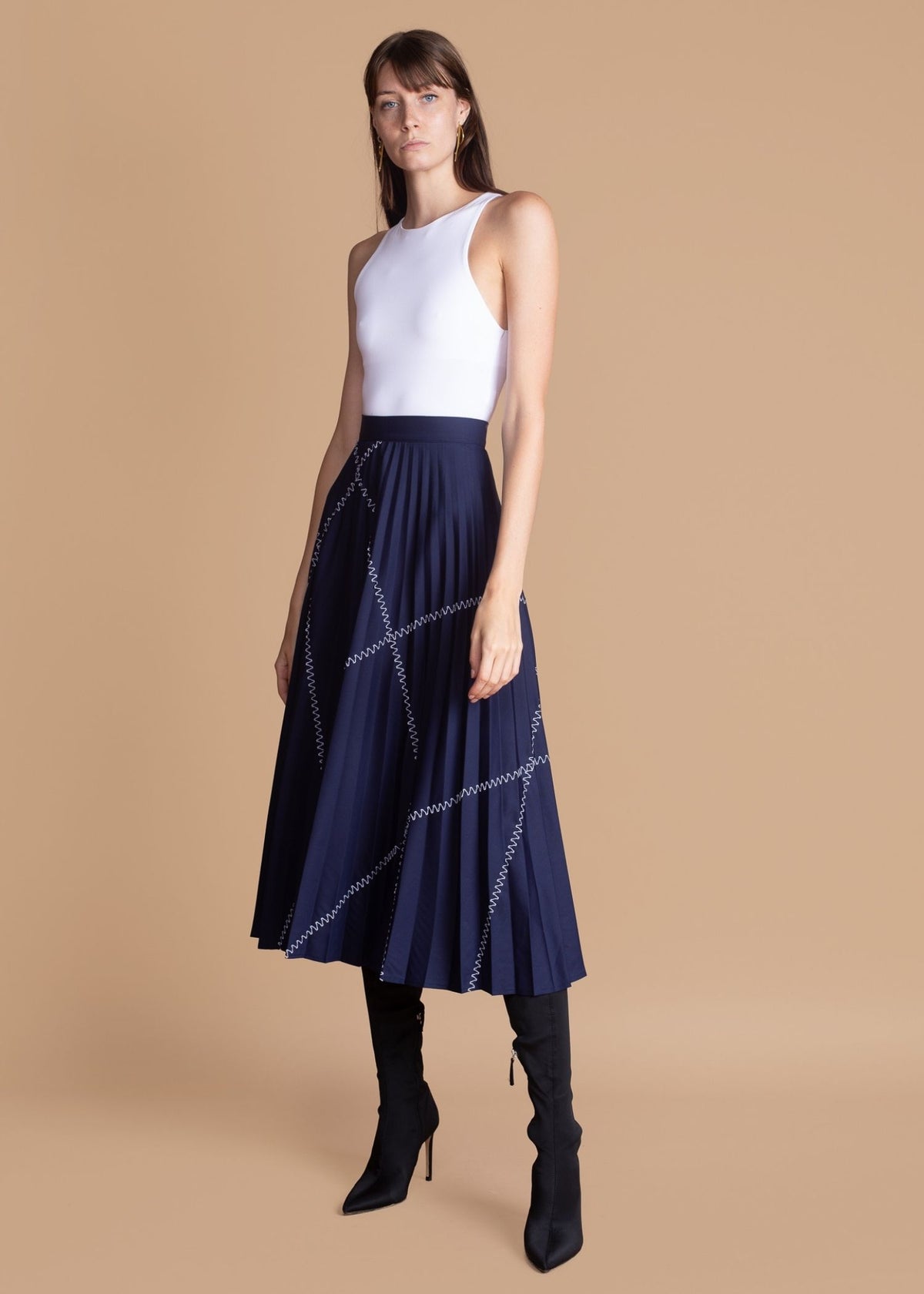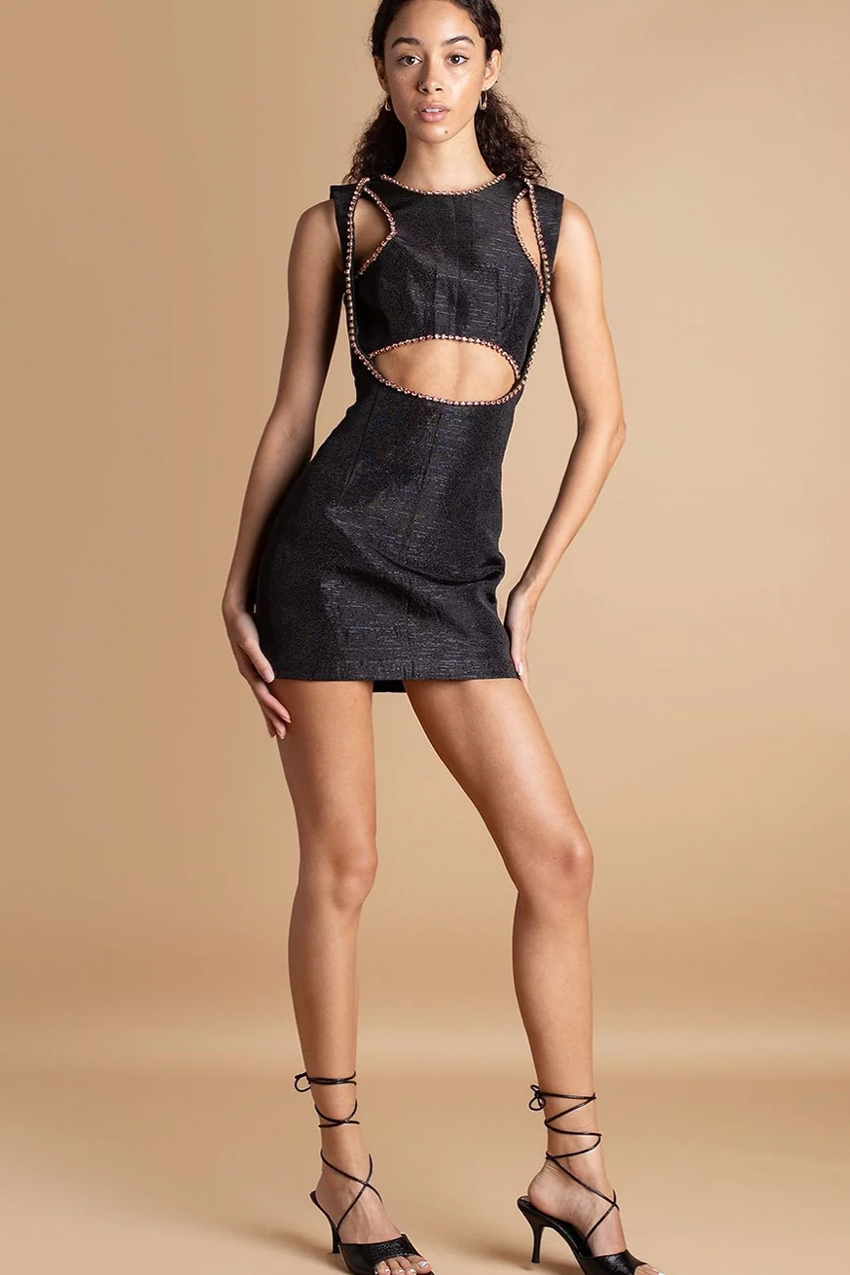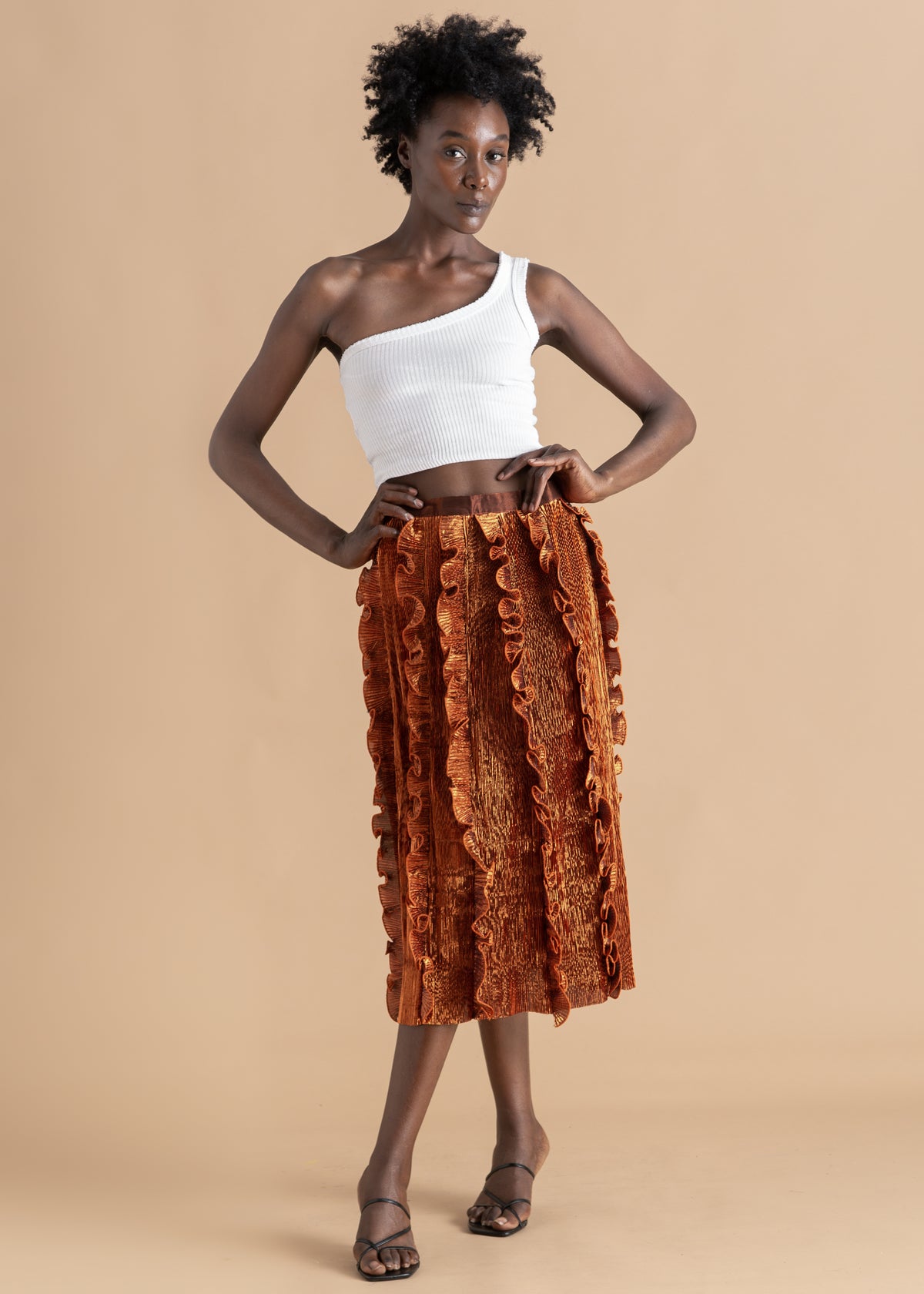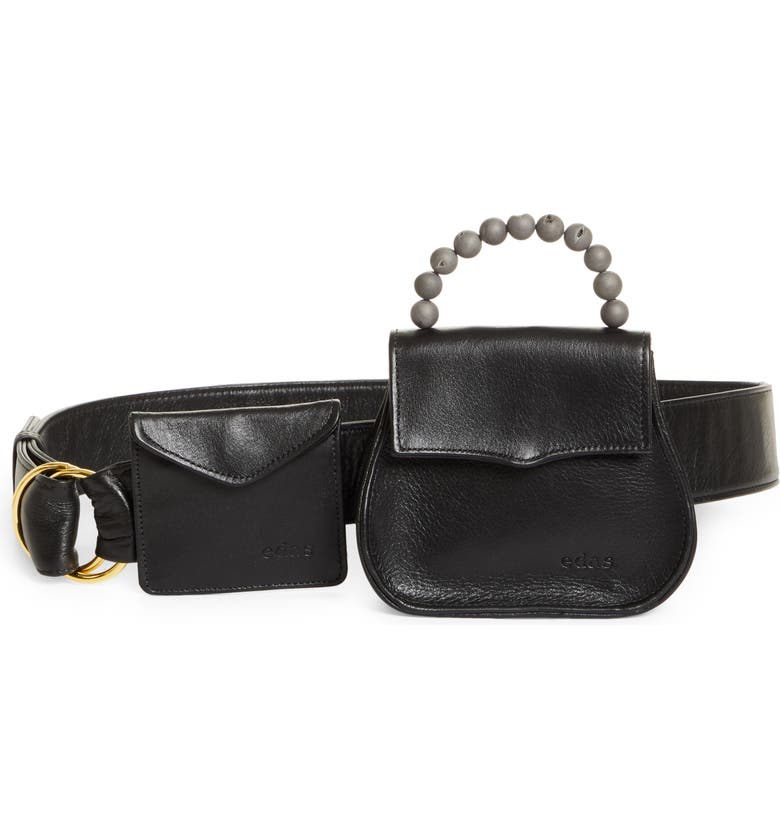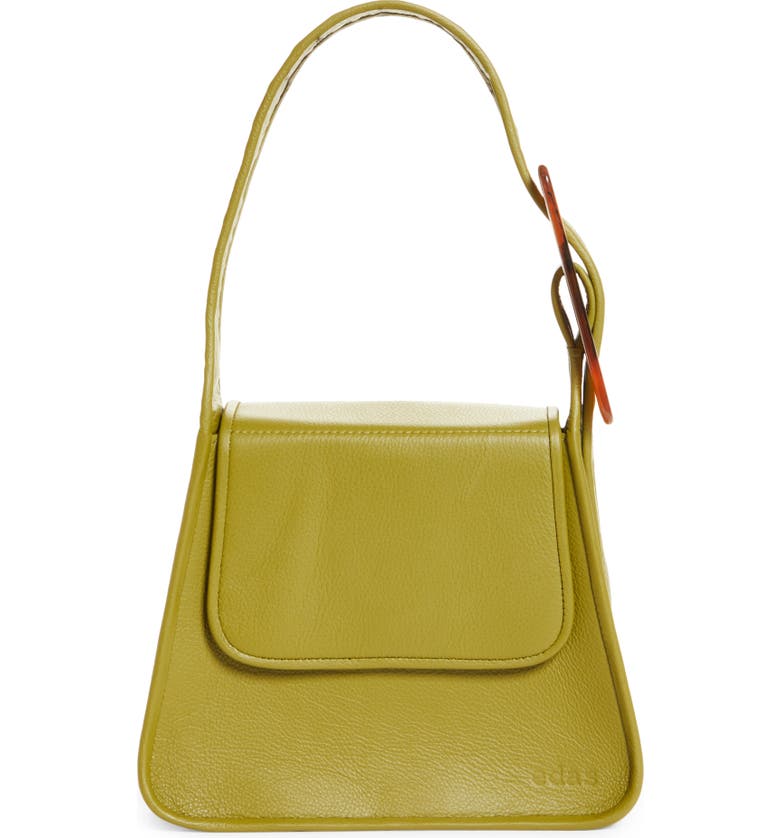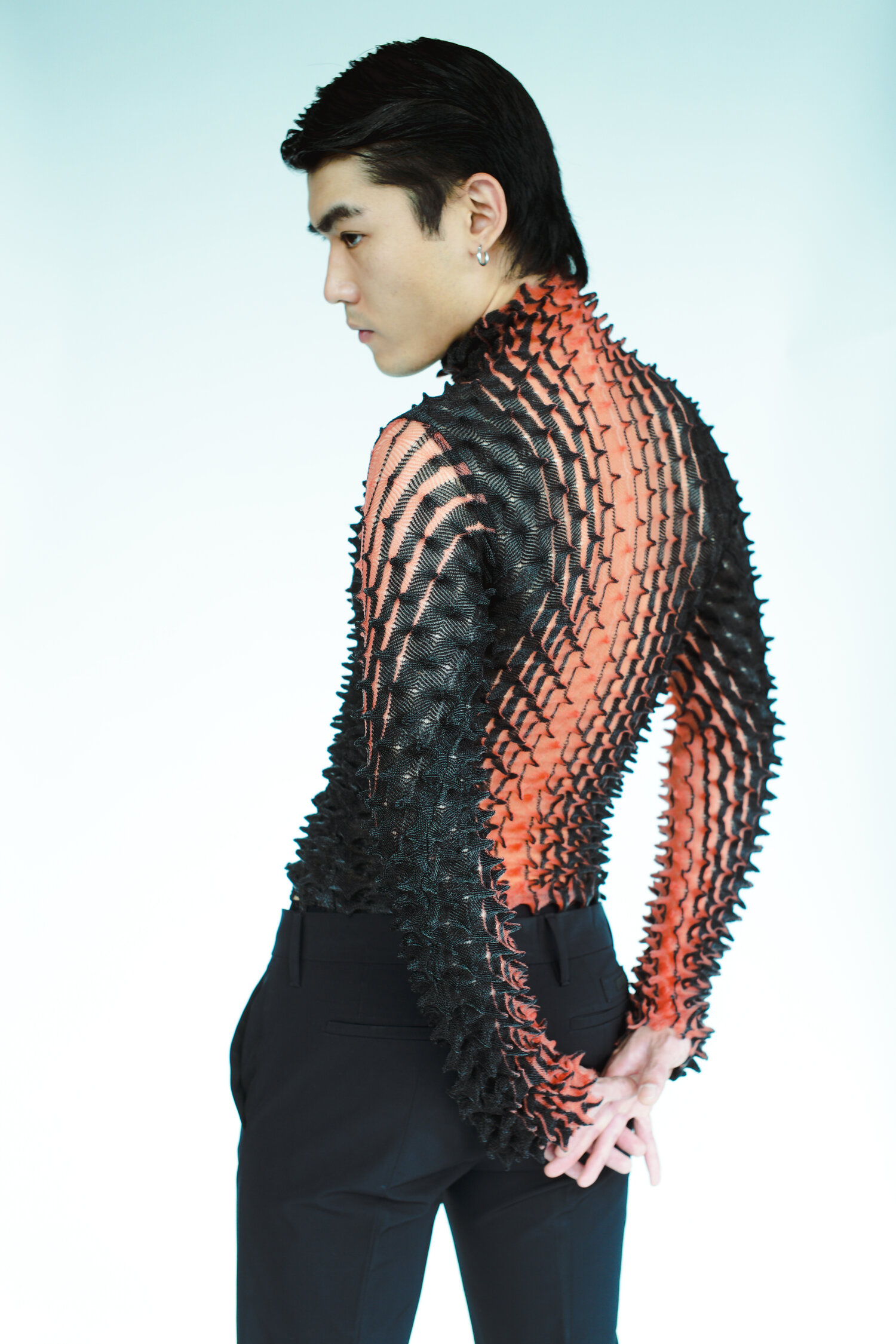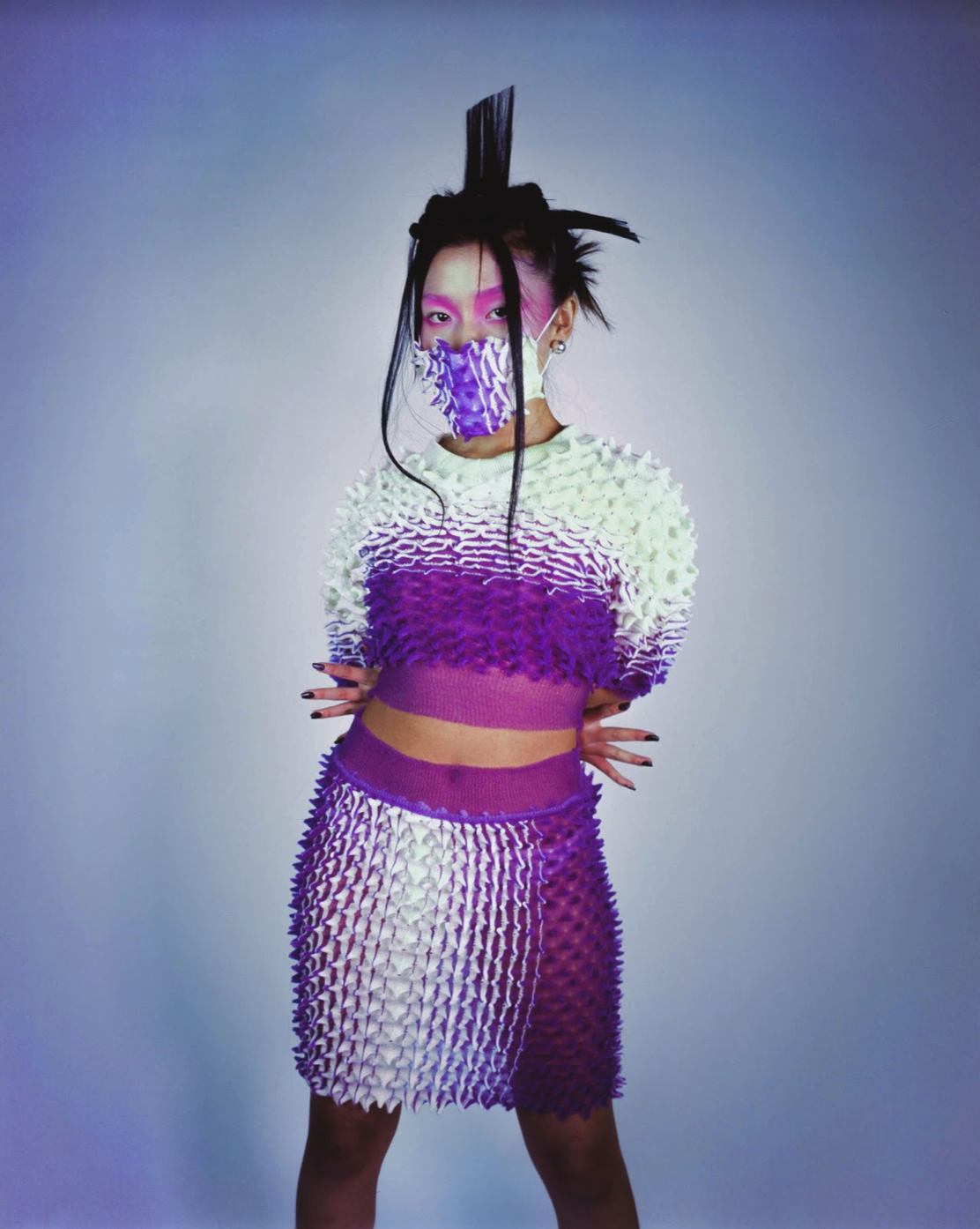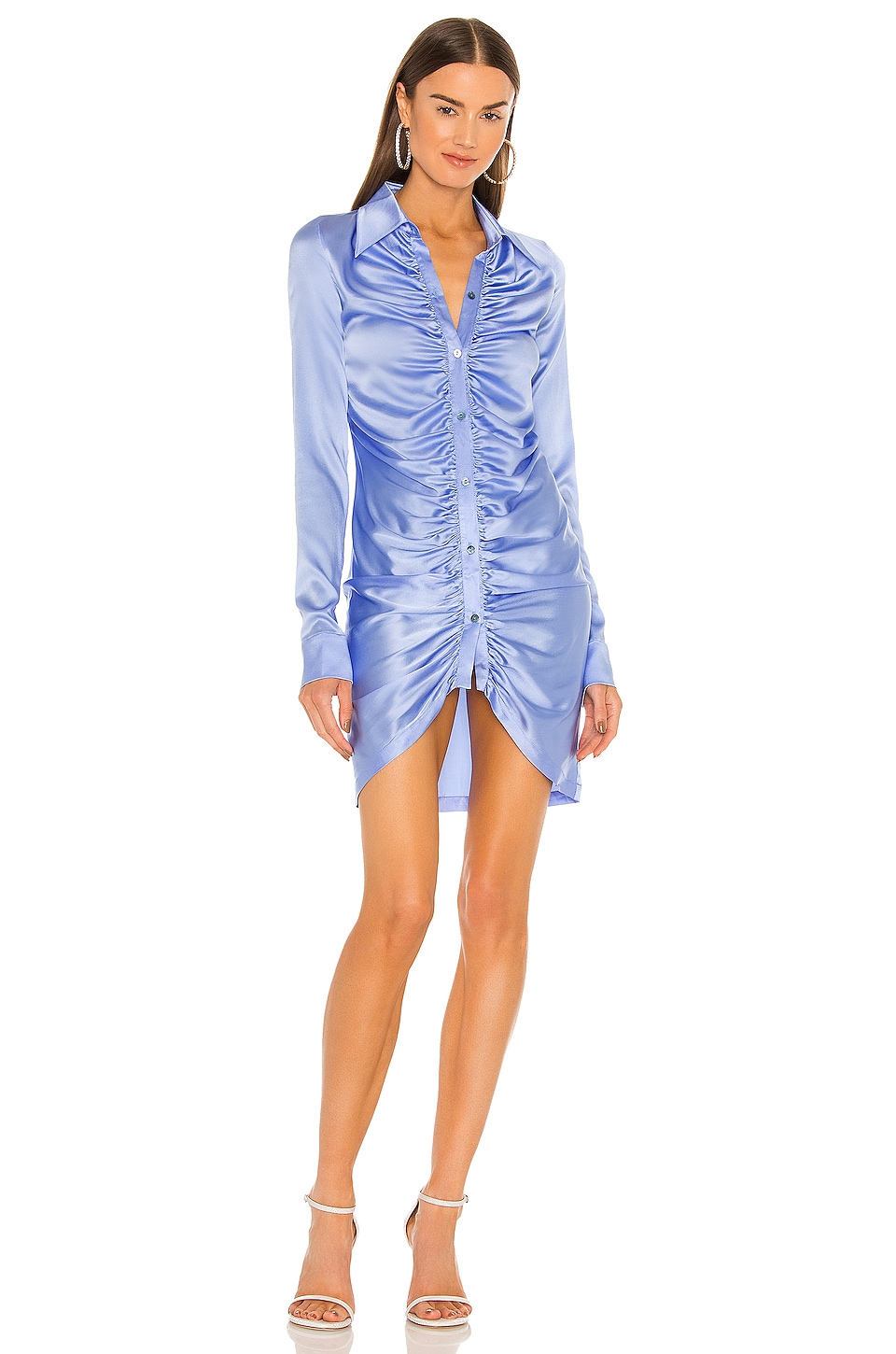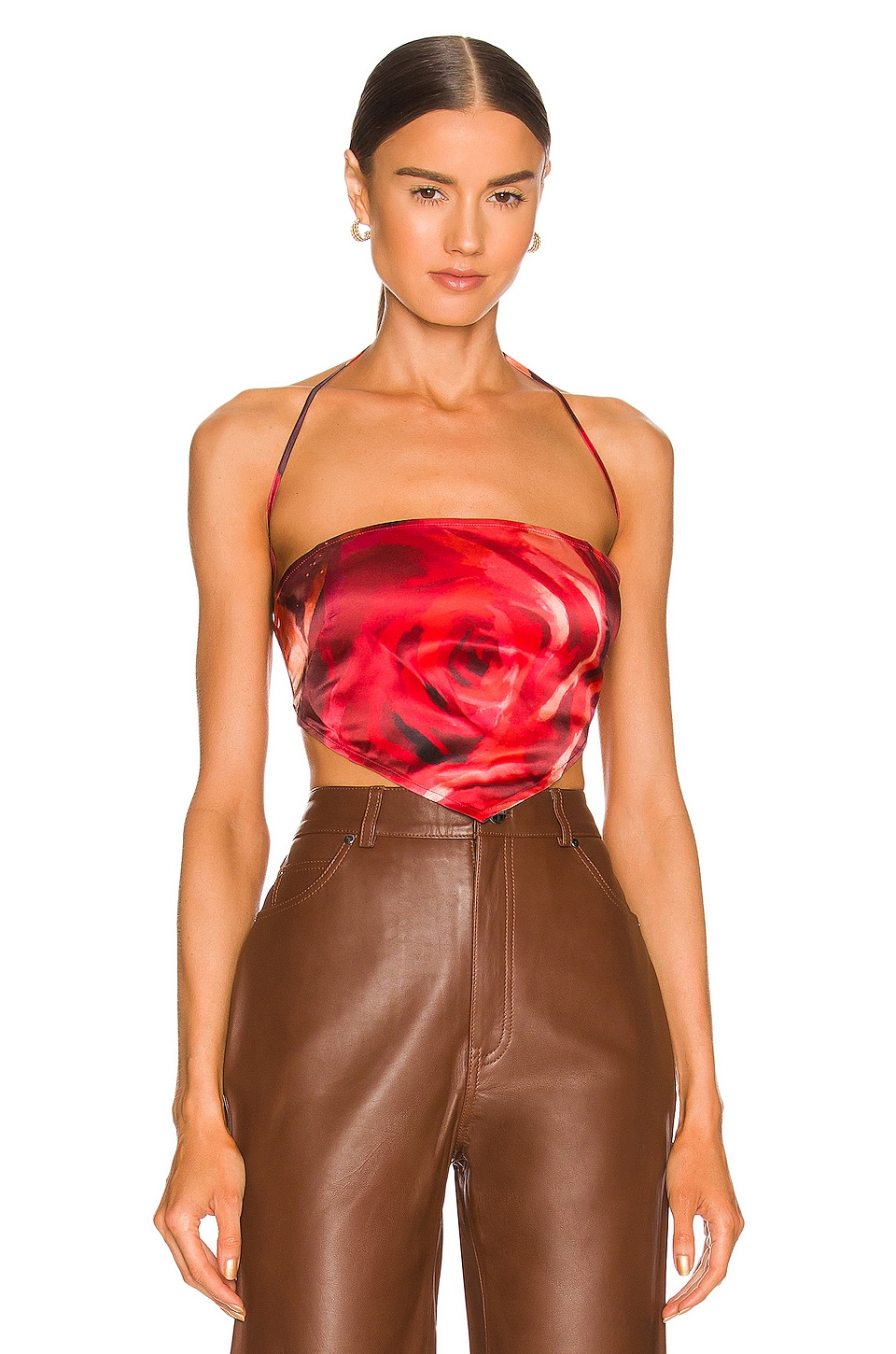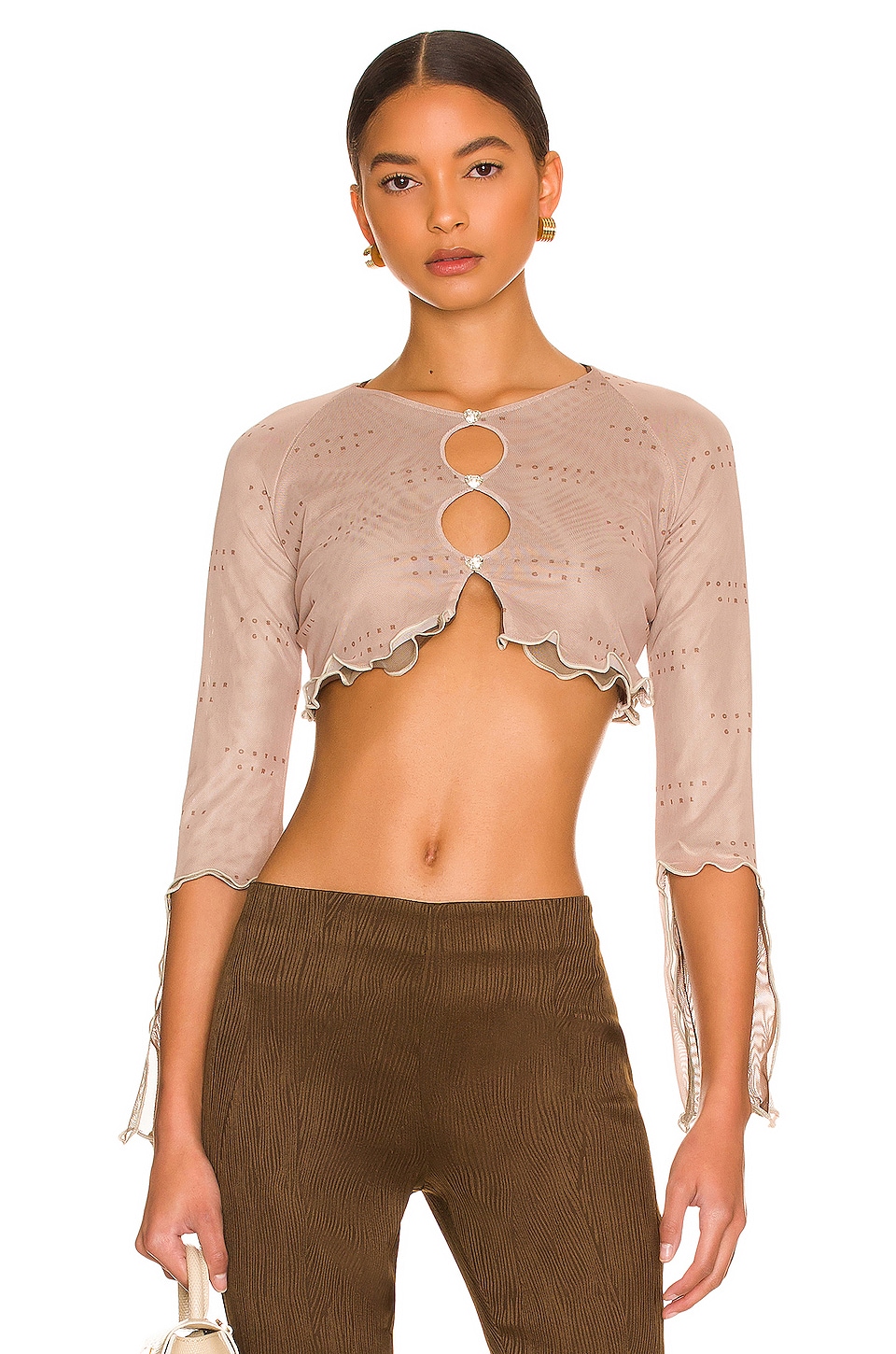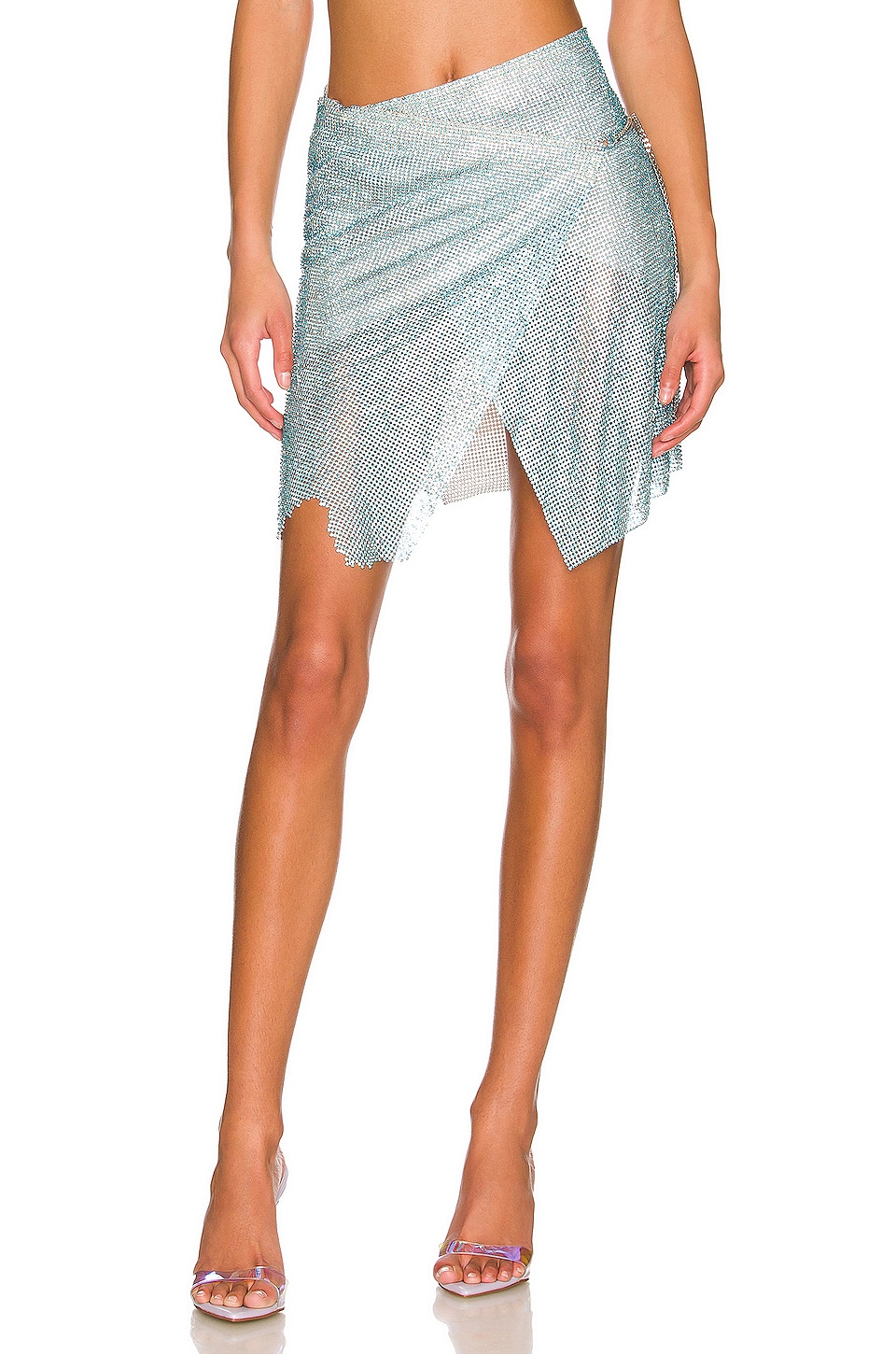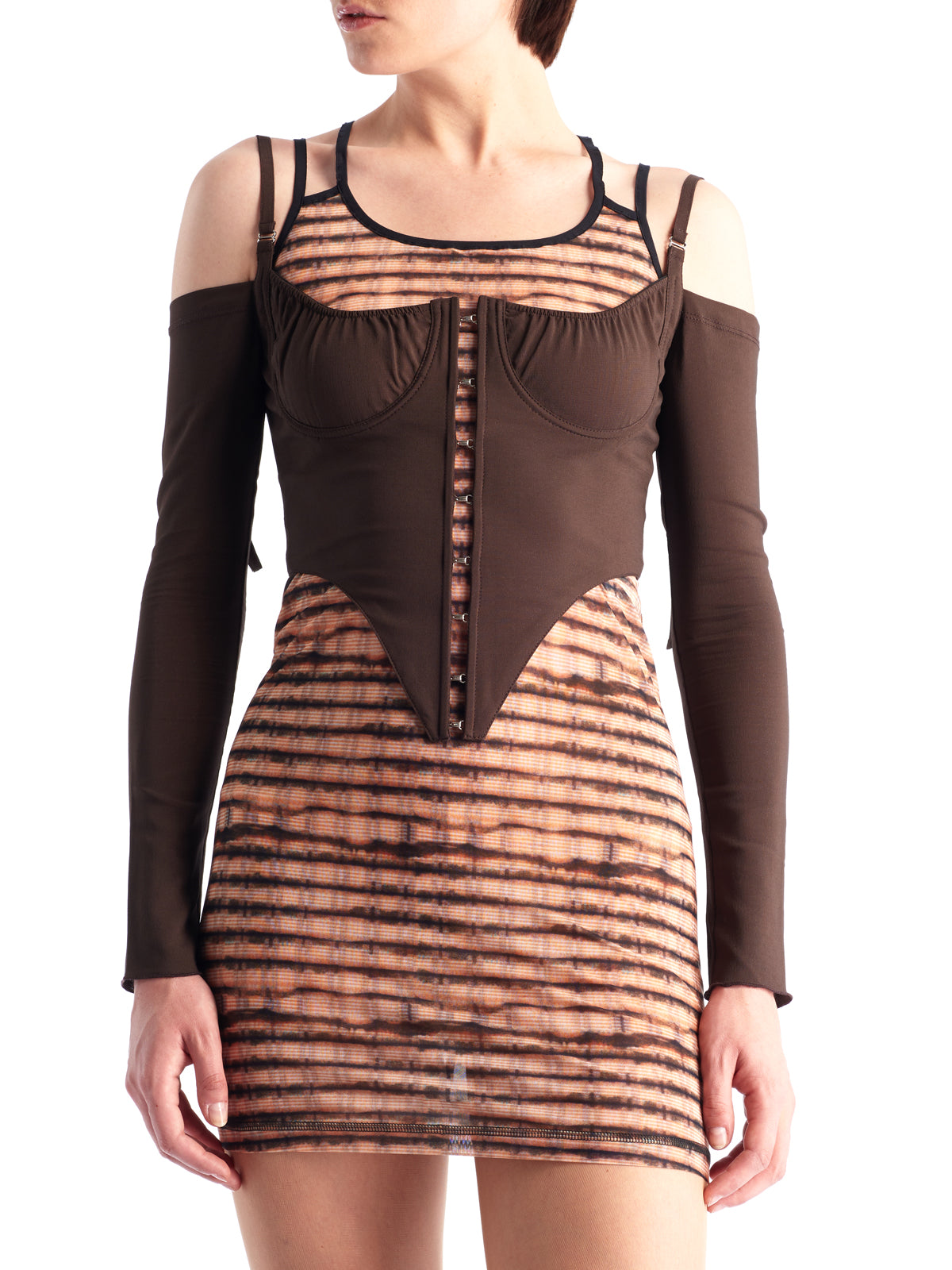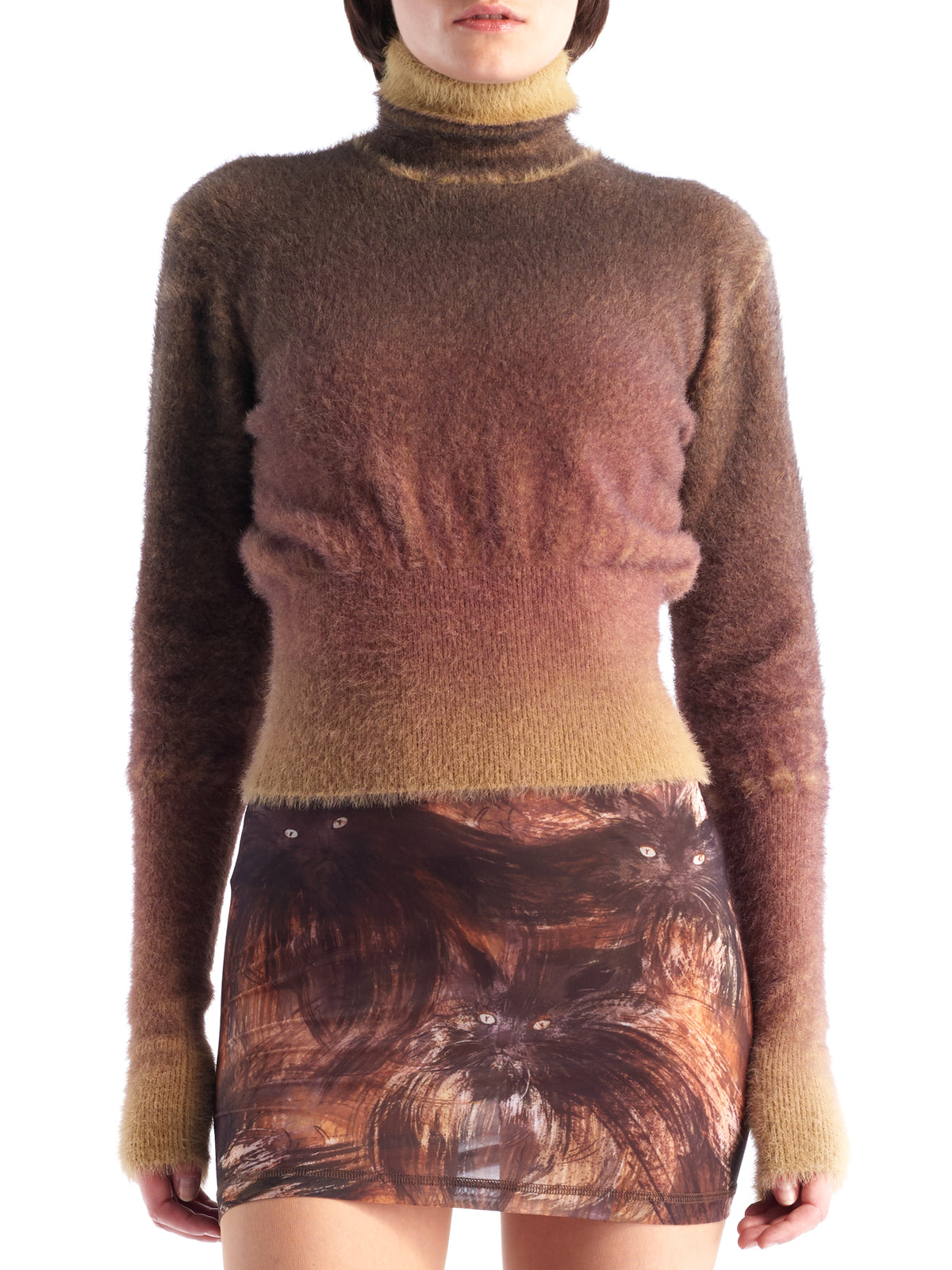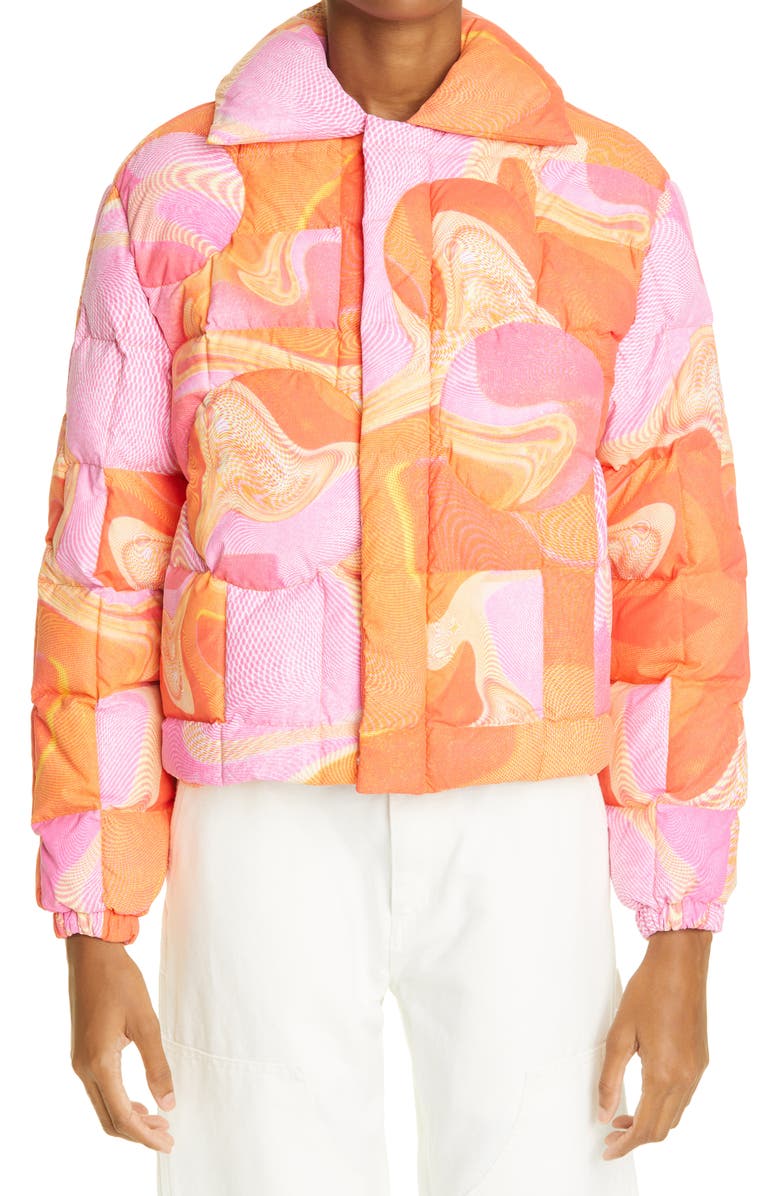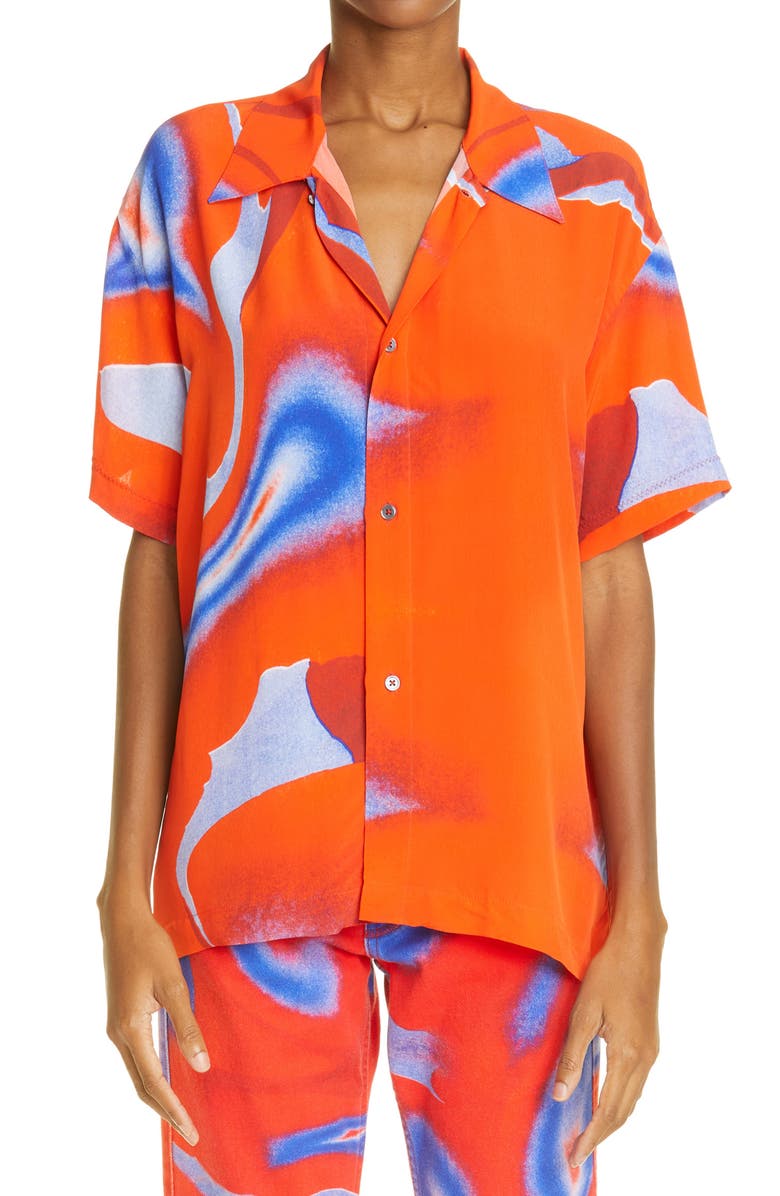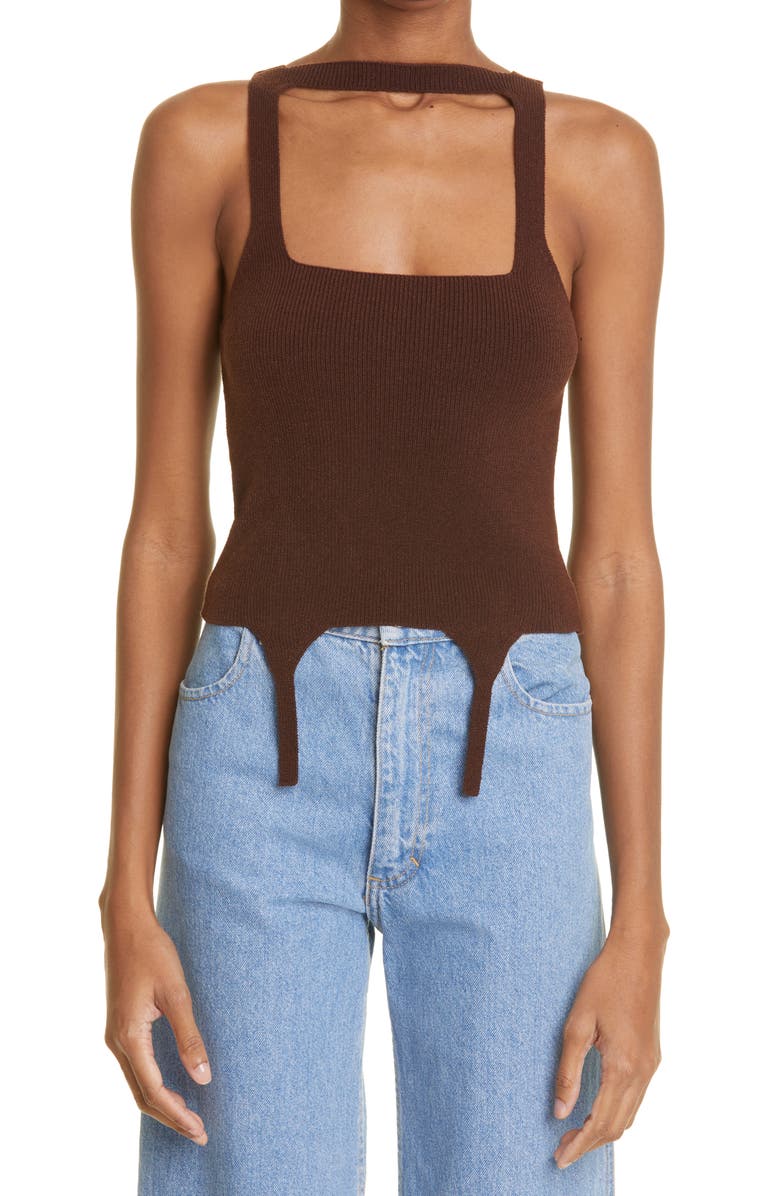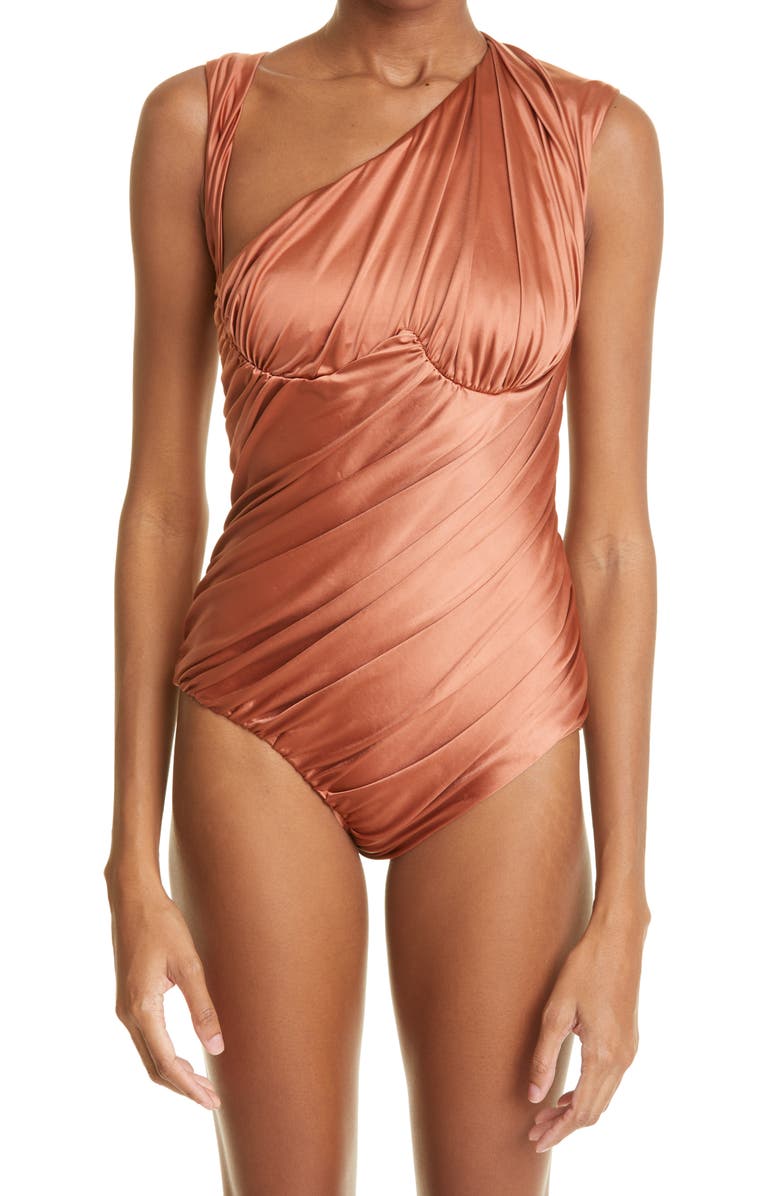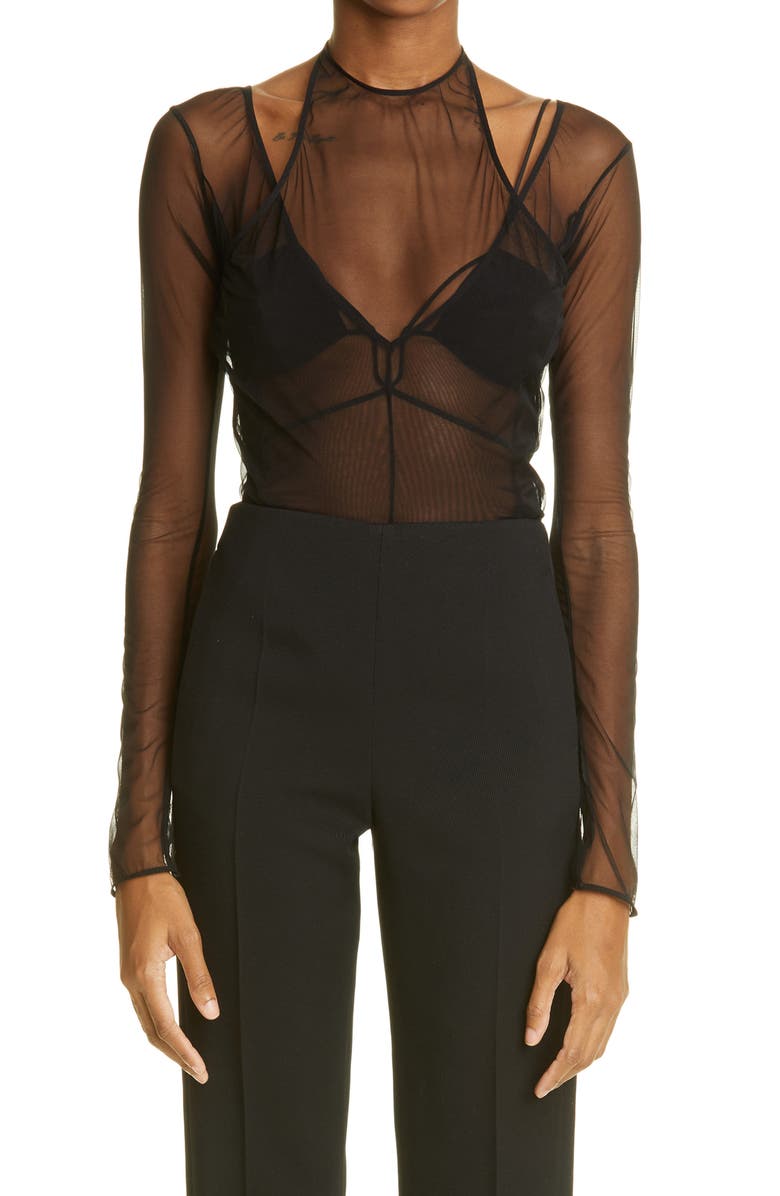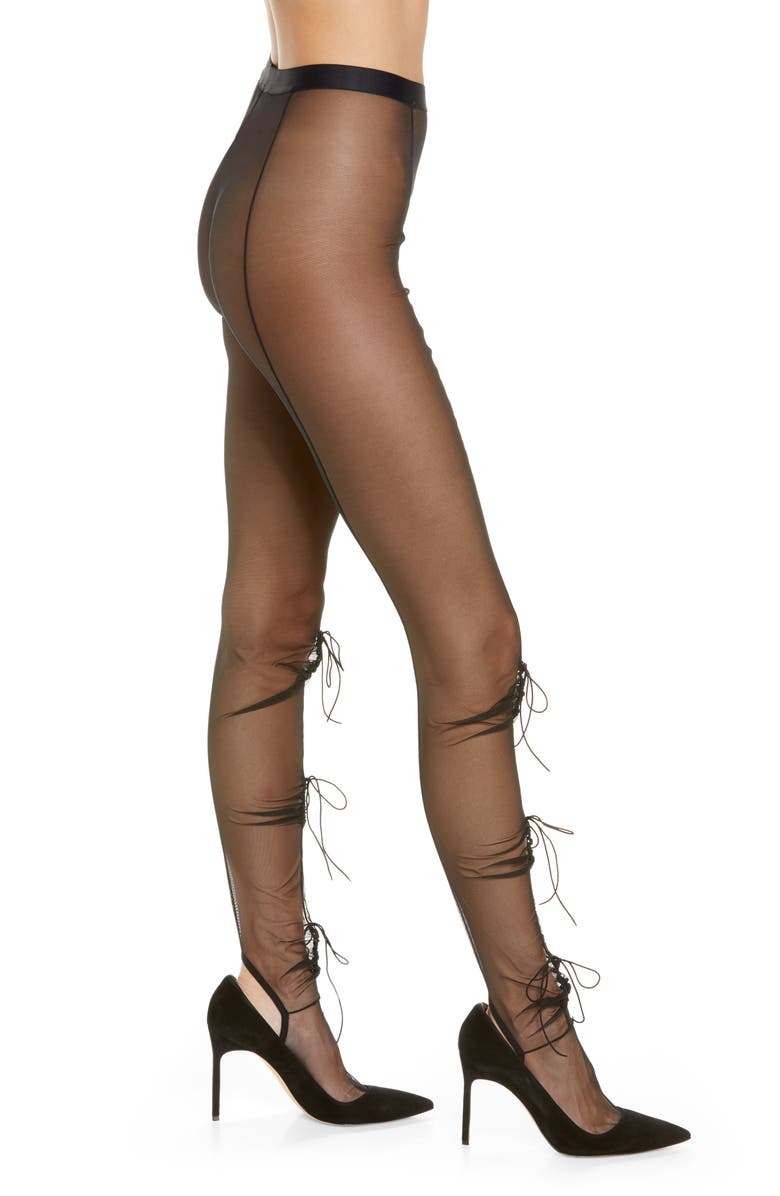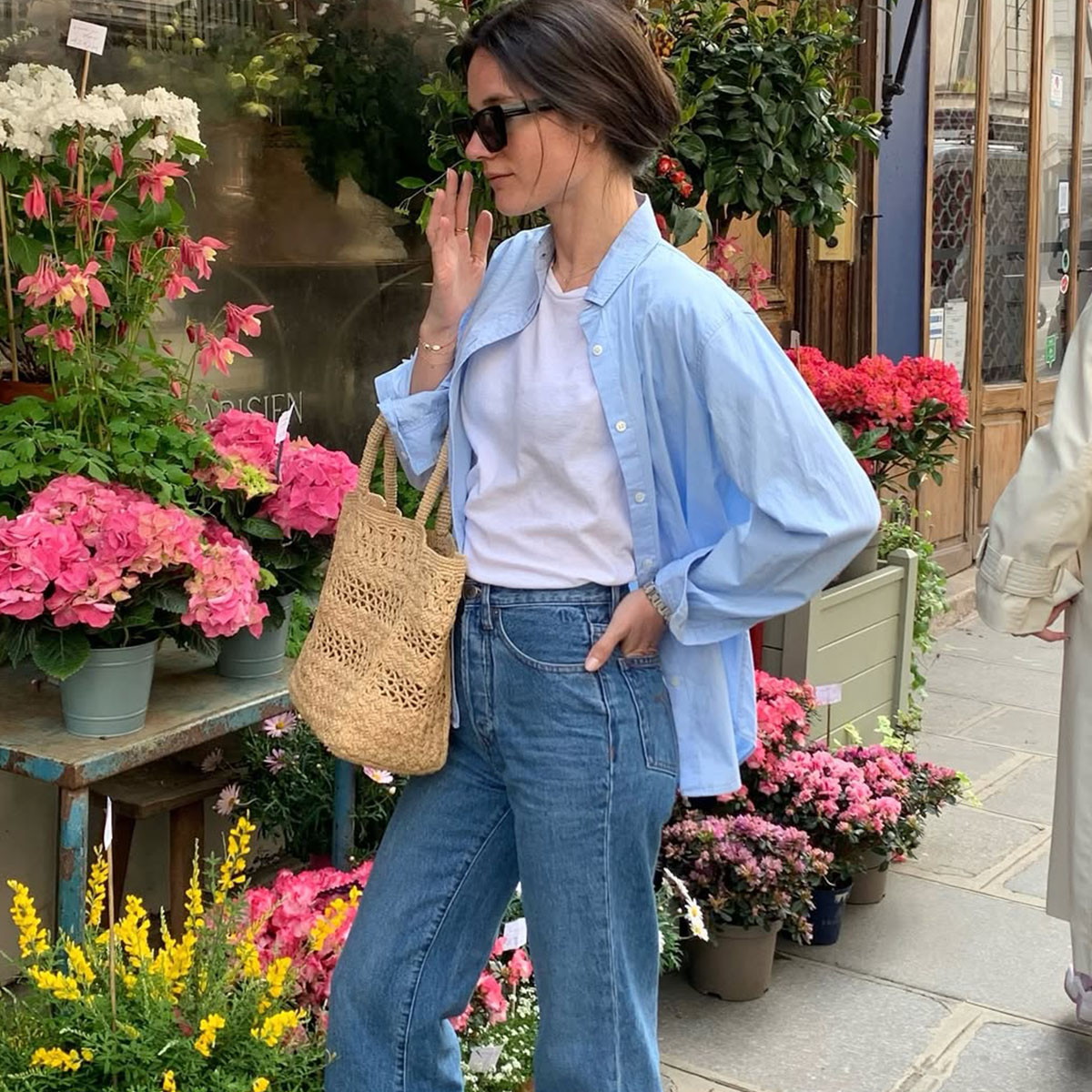We're Fashion Buyers, and We're Telling You These 12 Brands Are Worth Your Time
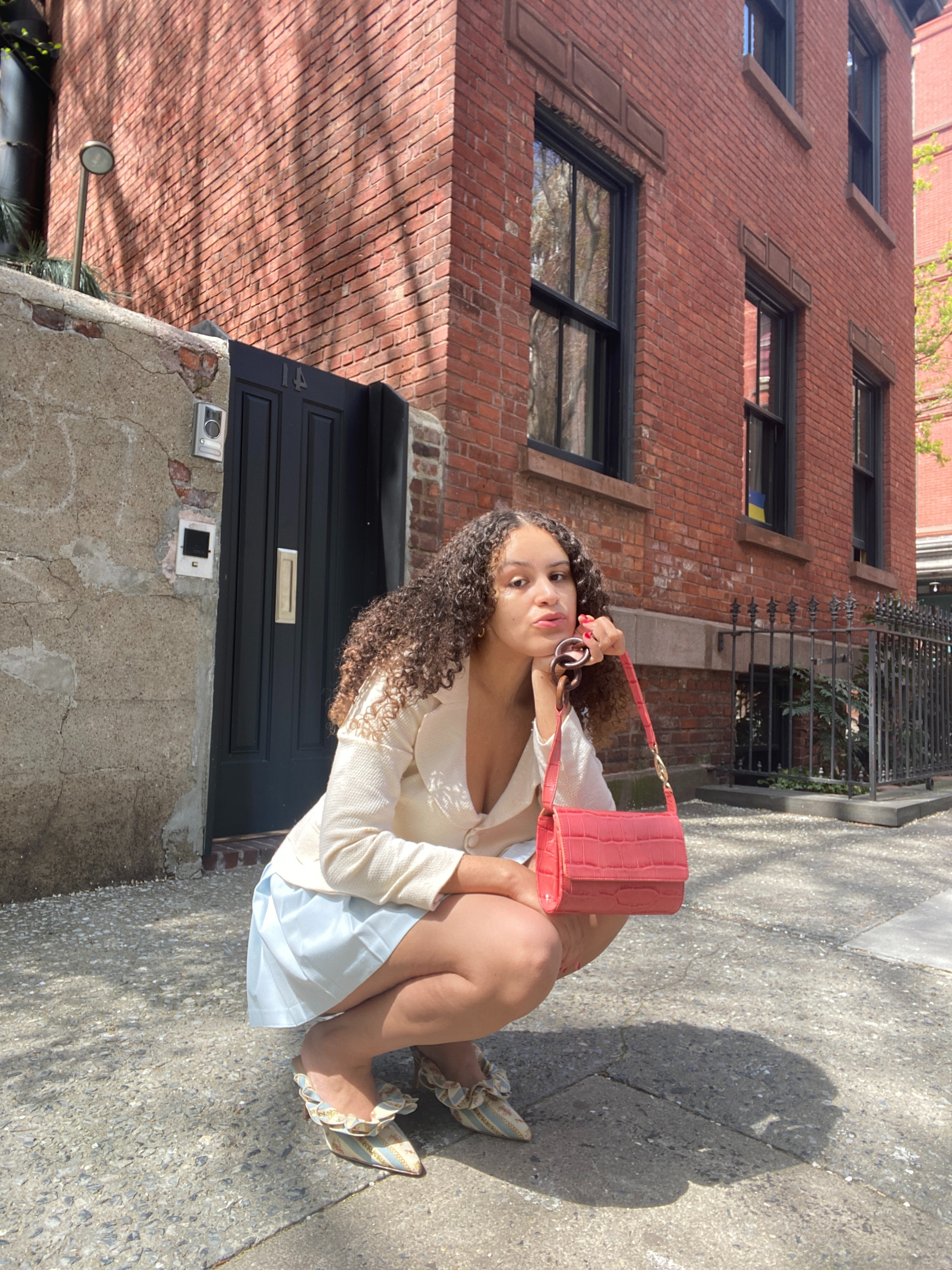
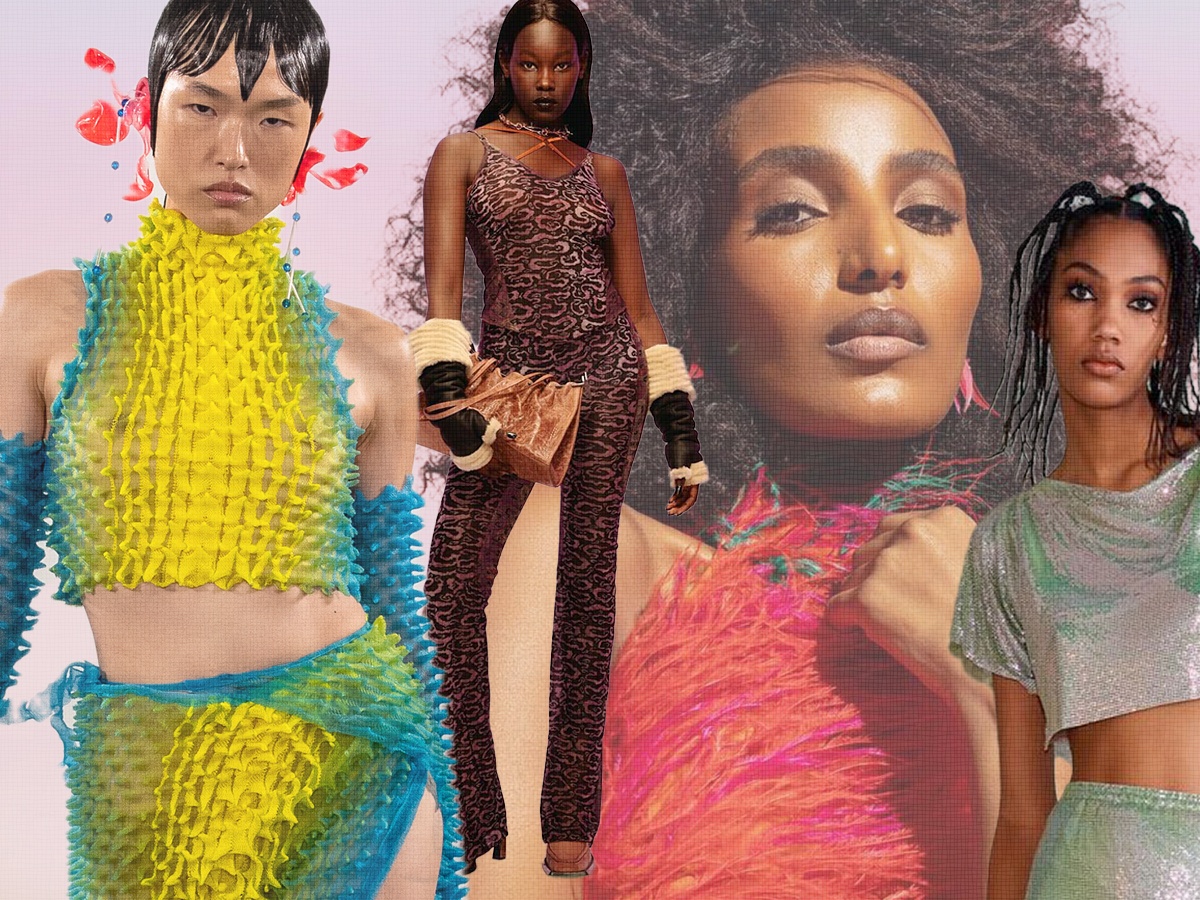
Question for you: If you were to look at your closet, what would it say about you? Would it tell the story of someone that loves to keep on top of trends? Or how about someone that loves shopping second-hand? Or maybe someone that loves buying from female-founded businesses? Your wardrobe is the simplest way to tell the world who you are, without actually sayings a word—a fact that fashion buyers know well.
Long before editors are rounding up the best things to shop right now, buyers are the hidden force of experts to decide which brands are worth buying into (quite literally). They play an instrumental role in championing rising brands and exposing us to new trends that are sold IRL and on the internet, but that can become a part of people's wardrobes worldwide.
Every great fashion buyer knows that not only are wardrobes a peek into each person's life story, but that brands offer a window into the story of their founders too. Learning about and championing founders' work is pivotal to the best buyers in the industry. But you don't have to just take my word for it. Ahead, we reached out to three fashion buyers who have dedicated their work to championing POC-owned brands (whether that's through opening their stores or working for a mass retailer like Nordstrom). They'll be sharing how they broke into the industry, why supporting rising talent is more important than ever, and which brands they think will blow up this year. Their work reminds us of the importance of shopping brands that speak to what matters most to you.
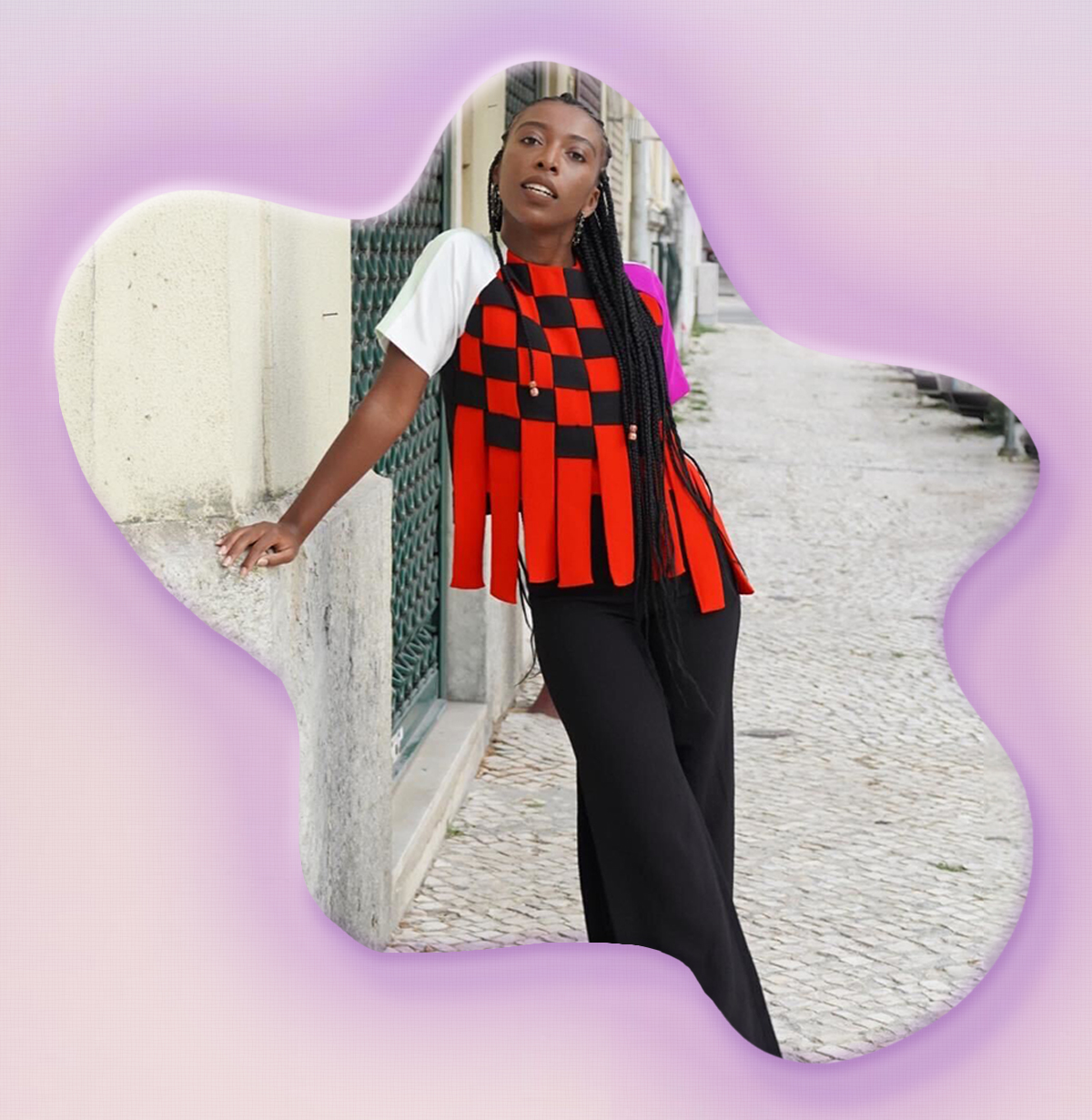
WHO: Amira Rasool, Founder of The Folklore
For those who aren't familiar with your work, what do you do? And how did you break into the fashion industry?
I am the Founder and CEO of The Folklore, the leading commerce platform for discovering African designer brands. I broke into the industry in college, interning for WWD, Marie Claire, The Fader, and V Magazine. After college, I began working full-time at V Magazine as the Fashion Coordinator before launching The Folklore.
As a buyer and curator, much of your role is about discovering new talent. How do you find new brands? And is there one thing you think makes a rising fashion brand worth following?
I mostly find new brands online since I don't live in Africa full time, and 85% of our brands are sourced from there. I typically find brands on Instagram by following accounts that feature Black or African brands like Retail Noire and Manju. I also browse through galleries from the various fashion weeks happening in Africa; Lagos Fashion Week is my favorite one to follow. When I am actually in Africa, I always spend a day or two in whatever city I am in, visiting local multibrand concept stores that support emerging designers. One thing that makes a rising fashion brand worth following is consistency. I love a brand that has a story and an aesthetic that they continue to build upon and remix each season.
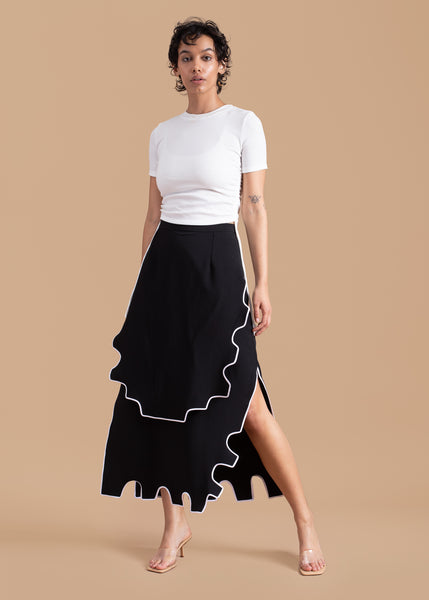
Is there one brand you love to wear on a day-to-day basis? If so, why?
Gozel Green is The Folklore brand that I probably wear the most. The twin sisters behind the label, Sylvia Enekwe-Ojei, and Olivia Enekwe-Okoji, really know how to design bold statement pieces that are comfortable, creative, and of fantastic quality. The designs are so playful and fun that I always feel a certain level of positive energy when I wear my Sleeveless Slash Dress or Puzzle Skirt.
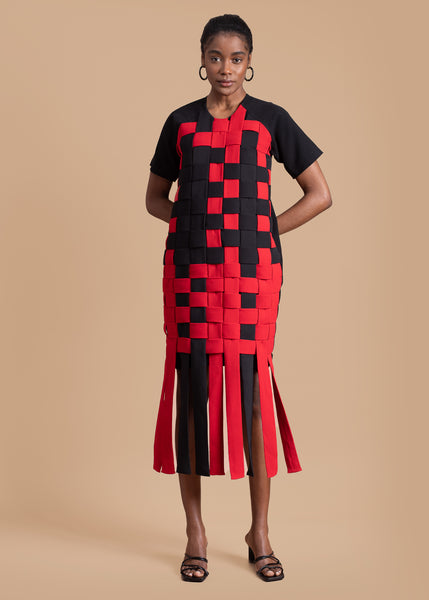
What does it mean to you to support rising talent? Why, in your opinion, is it more essential than ever to buy from and wear BIPOC-owned labels?
It's always been essential, and it will always continue to be important to be conscious of how you spend your money and the value your purchases provide you. I believe if you truly want to add looks to your wardrobe that add value, that are pushing the boundaries of design-forward, sustainable, and exclusive, supporting rising talent is the only way to go. Also, who doesn't want styles made in more limited quantities? It's better for the environment, and it always feels great not having to worry about multiple people at the party wearing the same dress as you.
Can you share the fashion brands you predict will be big in 2022?
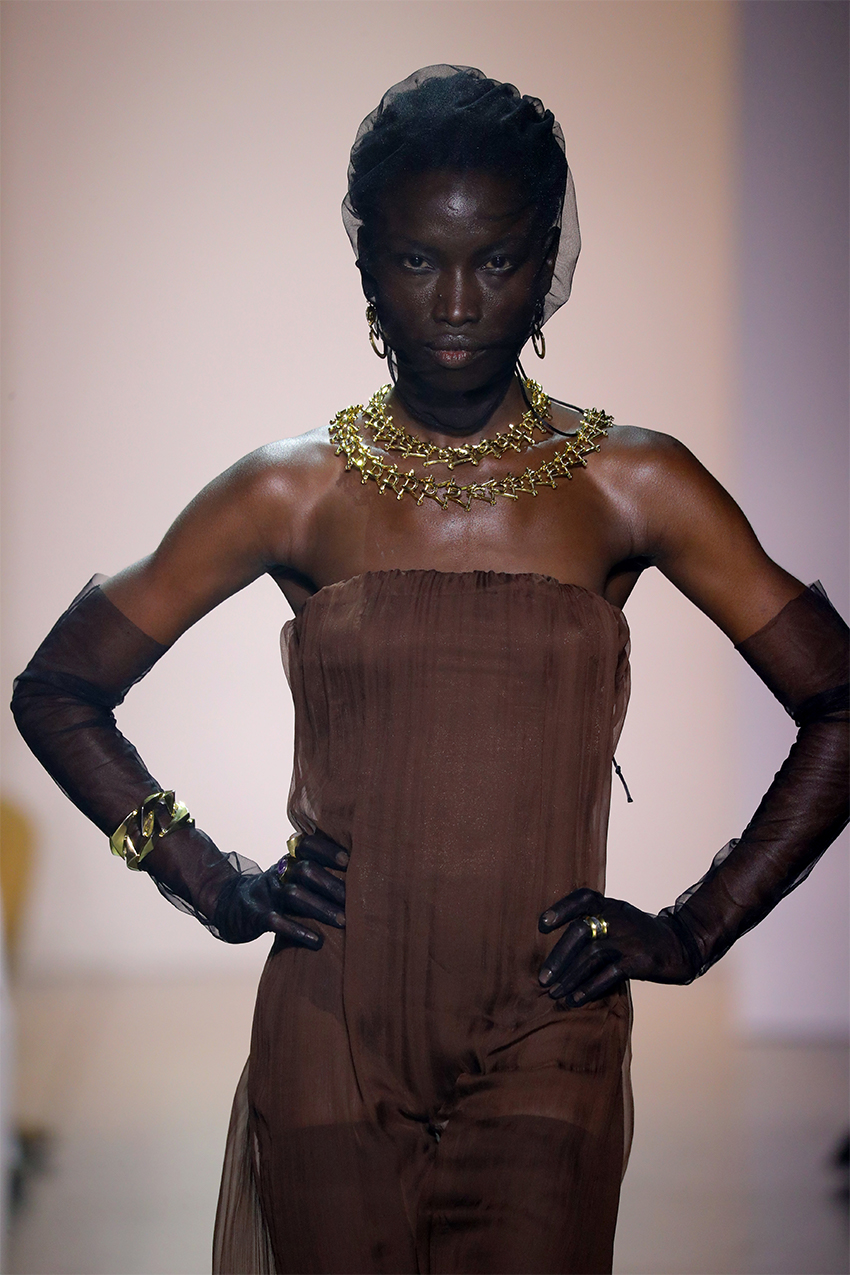
I feel Kofi and Kristin design their products for people like me who are a bit rough and always on the move and, as a result, can't commit to wearing dainty or easily breakable jewelry. The pieces are unisex, so the designs focus on architecture rather than trying to create a trendy piece for a particular type of woman. Third Crown's attention to design first is what really will shine through this year.
Shop the brand:
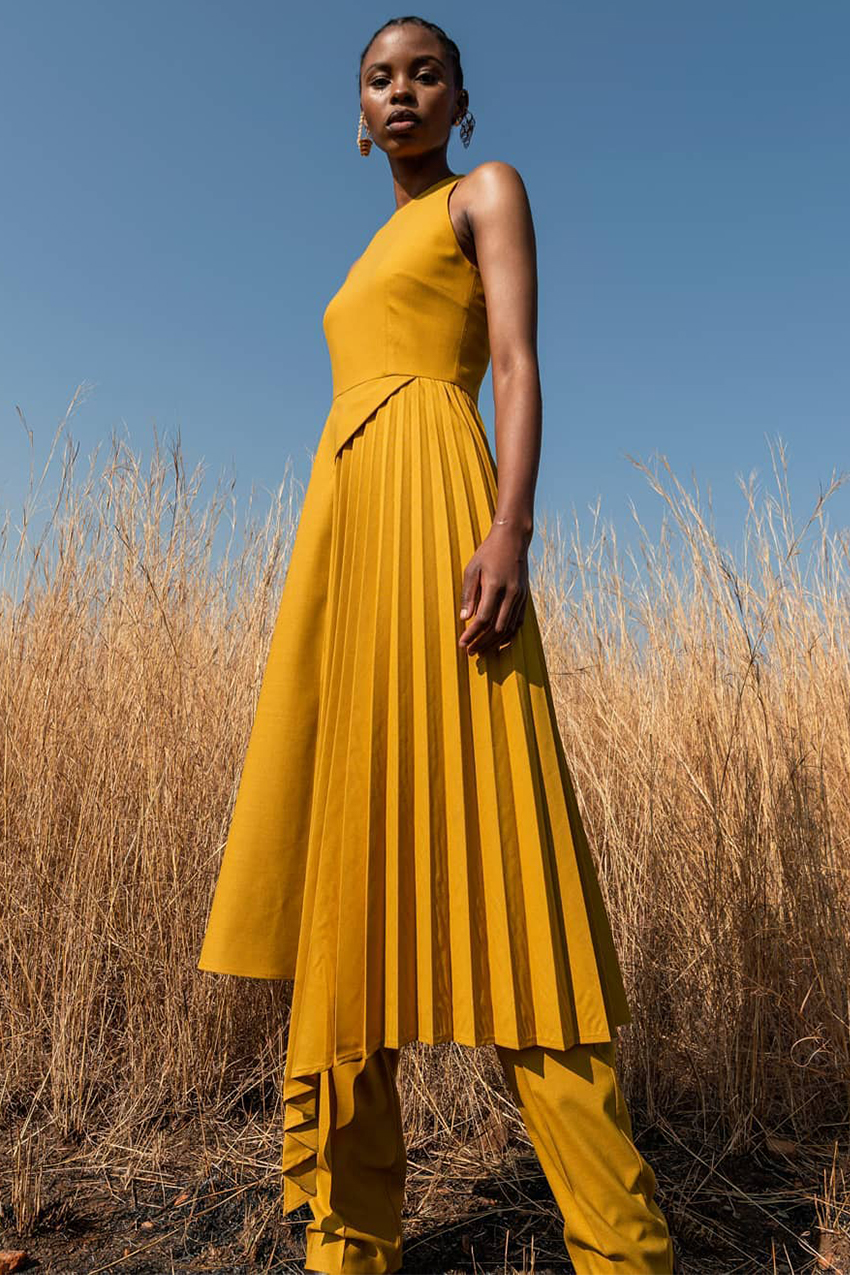
Witnessing the evolution of Mmuso Potsane and Maxwell Boko over the short four years, we have been working with them makes me confident that they will be a major force this year. Their ability to design both feminine and powerful suits while also creating beautiful pleated skirts and dresses show their versatility and how easily they can fit into any fashion girl's closet. The recent Woolmark Prize nomination doesn't hurt either.
Shop the brand:
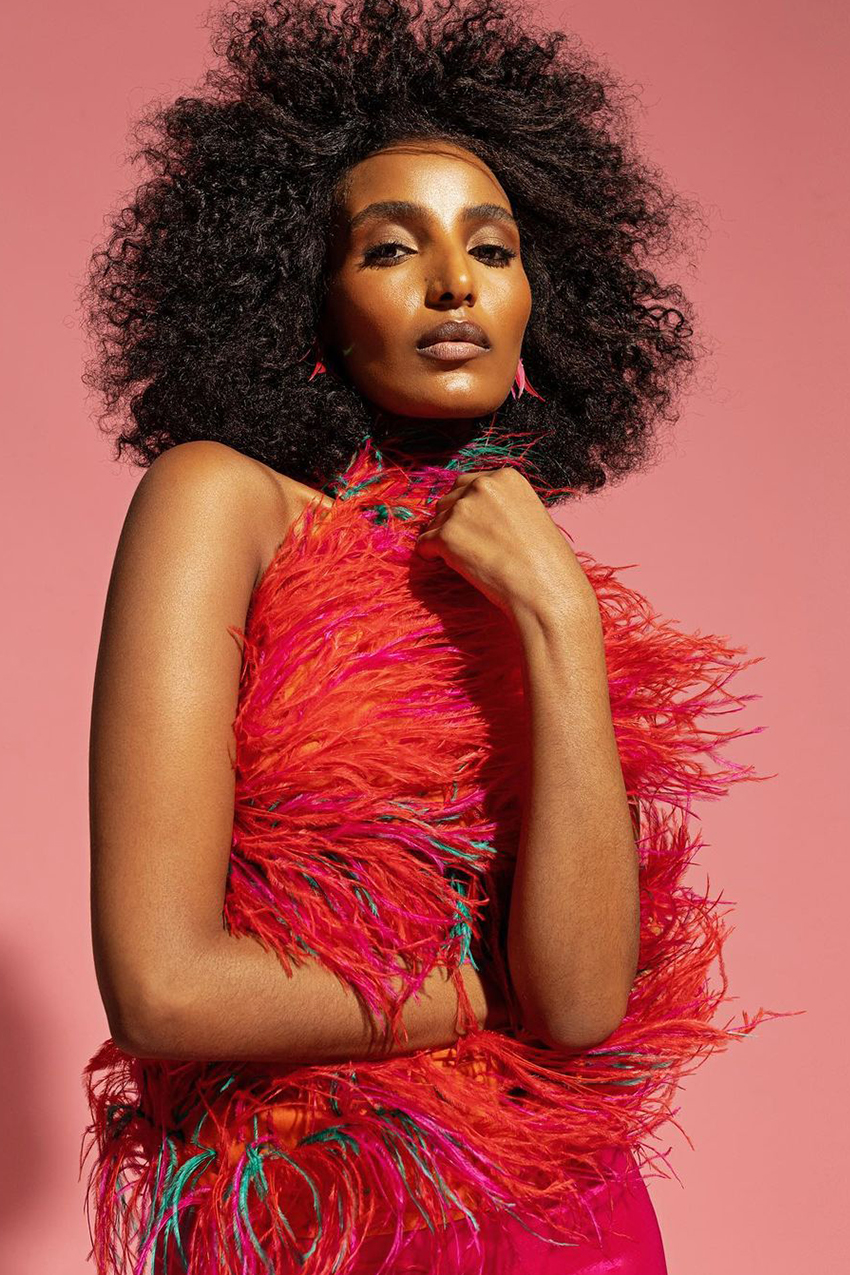
There's no way Onalaja is not going to have a major red carpet moment this year. Designer Kanyinsola Onalaja's hand-beaded designs are the ultimate showstoppers that are calling for someone like Gabrielle Union, Dua Lipa, or Zendaya to wear.
Shop the brand:
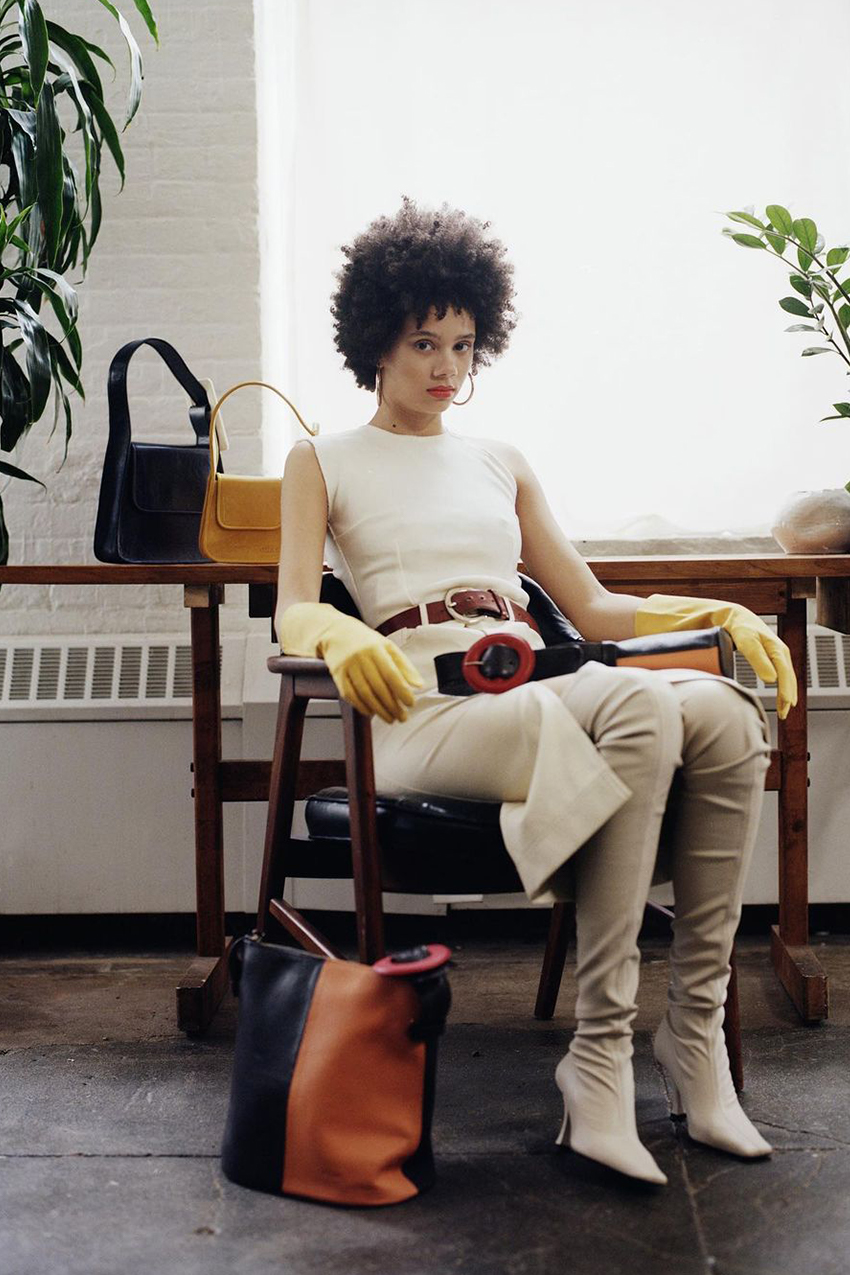
Over the last year and a half, Edas has already been working to solidify itself as one of New York's most exciting accessories brands. With the addition of new styles like the Mini Belt Bag and the release of brilliant new colorways for its signature Yshaia Bag (which I own and wear all the time), I imagine you'll be seeing this bag on the arms of many women.
Shop the brand:
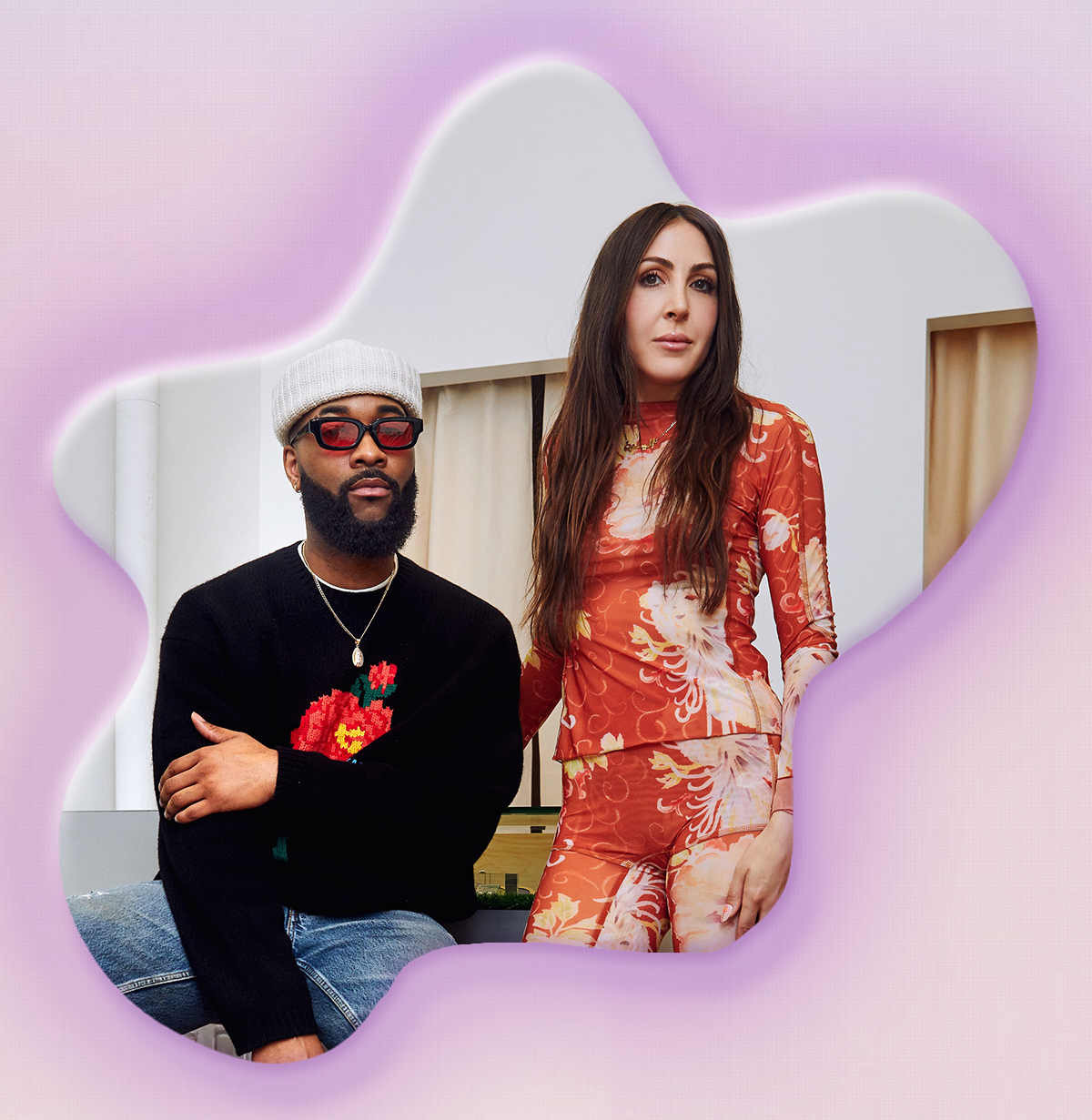
WHO: Allison Aberizk and Justin Xavier, Co-Founders of Aberizk
For those who aren't familiar with your work, what do you do? And how did you break into the fashion industry?
We are both owners of Aberizk, a store located in NYC, dedicated to curating and buying archival designer vintage pieces and discovering new independent and emerging designer brands. To be honest, breaking into the fashion industry is a process; I still feel like we're working on it. But we both forged our paths—Allison worked various roles at existing fashion brands, and Justin was a freelance graphic designer and fashion designer. We decided to collaborate and start our own company because we knew we had the curation skills and awareness of trend forecasting, so why not put it to use?
You founded Aberizk in 2022. Why was it important to you to open a store dedicated to curating emerging designer brands and vintage pieces?
It was important to open a store like ours because shopping has changed and we want to reflect that change. Shoppers are more interested in finding unique one-of-a-kind versus mass produce. They want special pieces tailored to their style and tell a story. As more and more shopping happens online only, we wanted to offer a physical space to discover and really experience each piece instead of just adding to your cart.
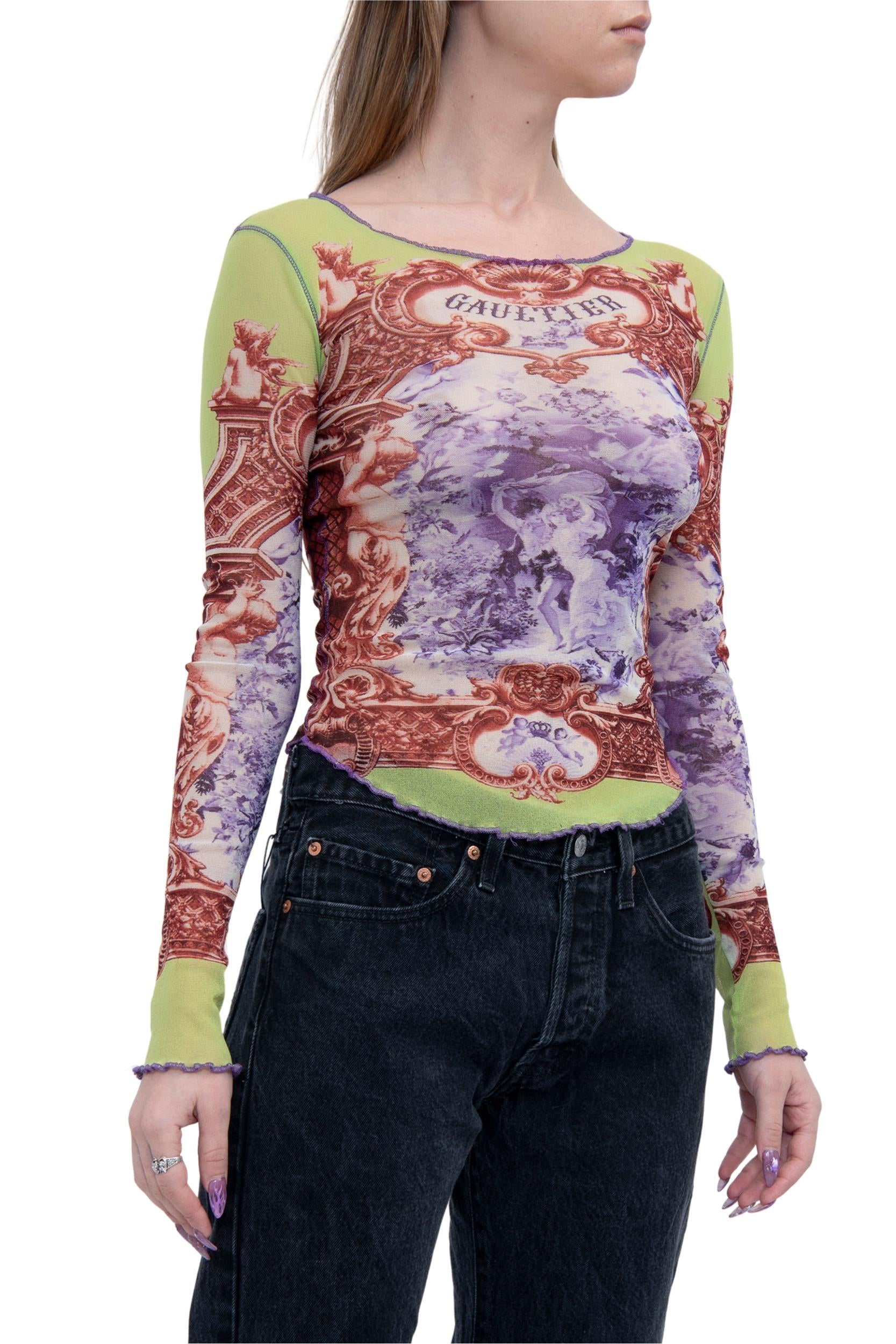
As buyers and curators, much of your role is about discovering new talent. How do you find new brands? And is there one thing you think makes a rising fashion brand worth following?
Fashion is based on borrowing and reimaging ideas, and it can quickly become trend-driven and like a sea of sameness. When I find a brand that puts their own perspective on a design and has their own voice or philosophy, you can feel just from looking at a piece. I am drawn to that type of brand and think they are worth following. Finding new brands is something that naturally occurs—whether it's a friend starting a company or someone, we find someone overseas doing something innovative.
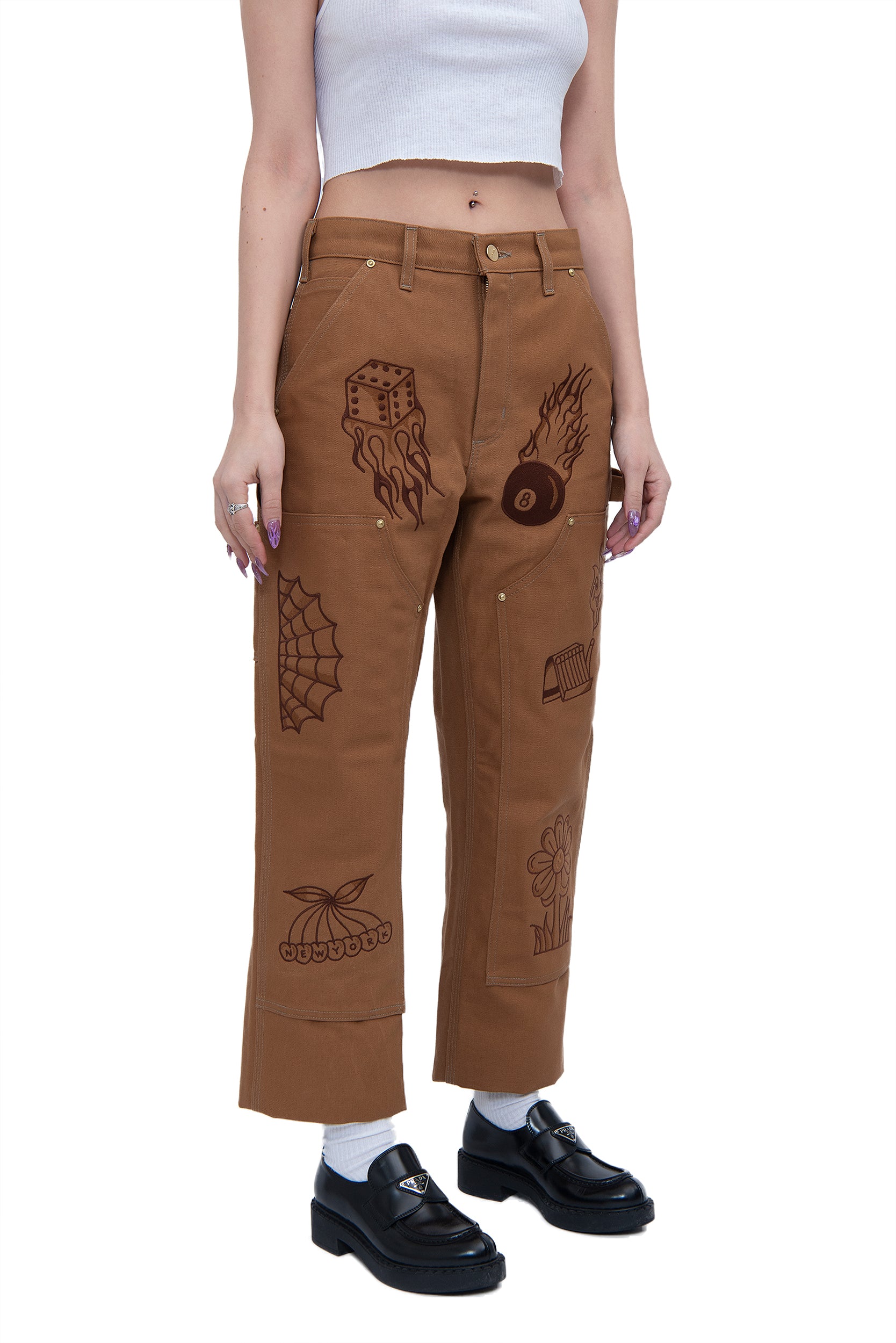
What does it mean to you to support rising talent? Why, in your opinion, is it more essential than ever to buy from and wear BIPOC-owned labels?
We know firsthand as a small company—it's hard to get your foot in the door or be taken seriously. So, with the emerging brands we carry, being in a brick-and-mortar store can help designers grow and expand their audience.
Can you share the fashion brands you predict will be big in 2022?
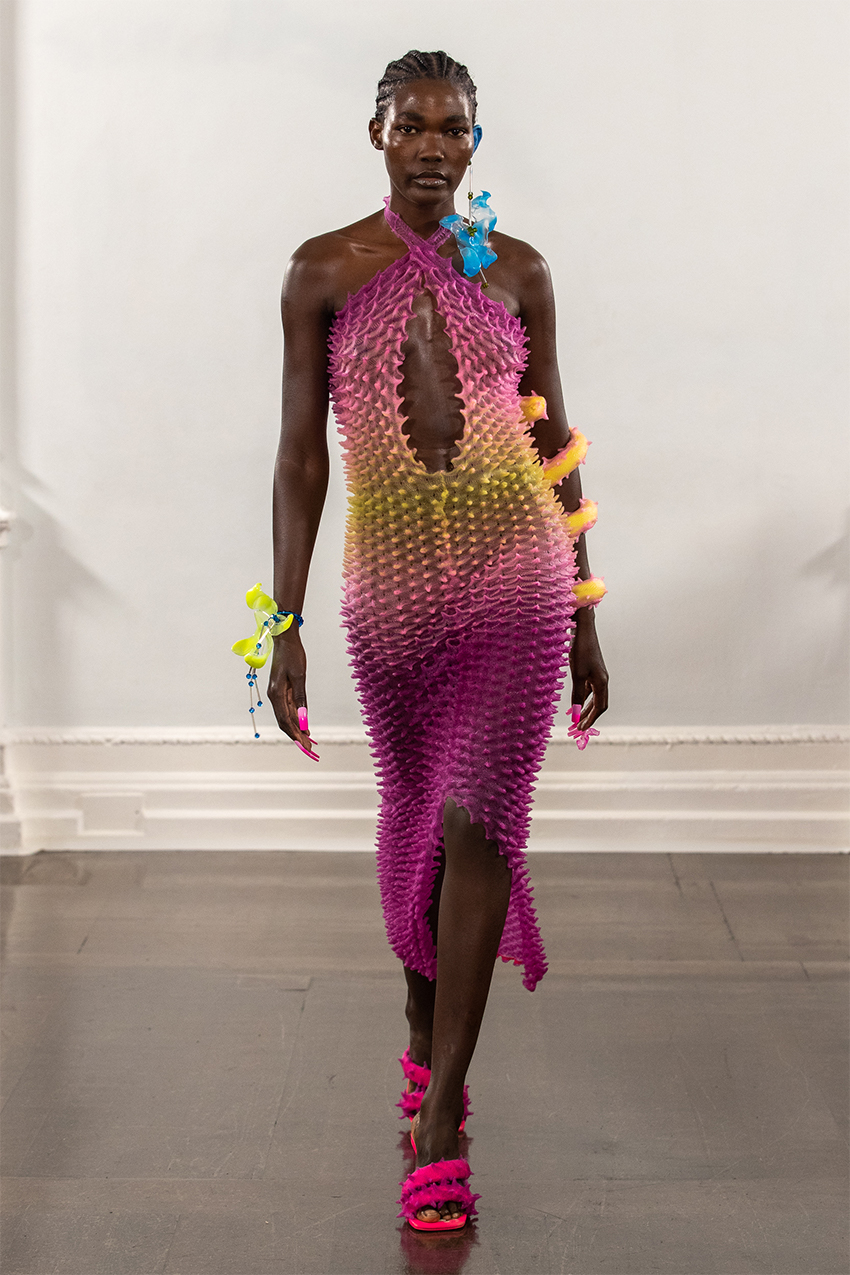
Considering aughts fashion is all the rage right now, this Chet Lo is bound to blow up this year. We love all the textured 3D and gradient fabrics; all the pieces feel like a futuristic fantasy.
Shop the brand:
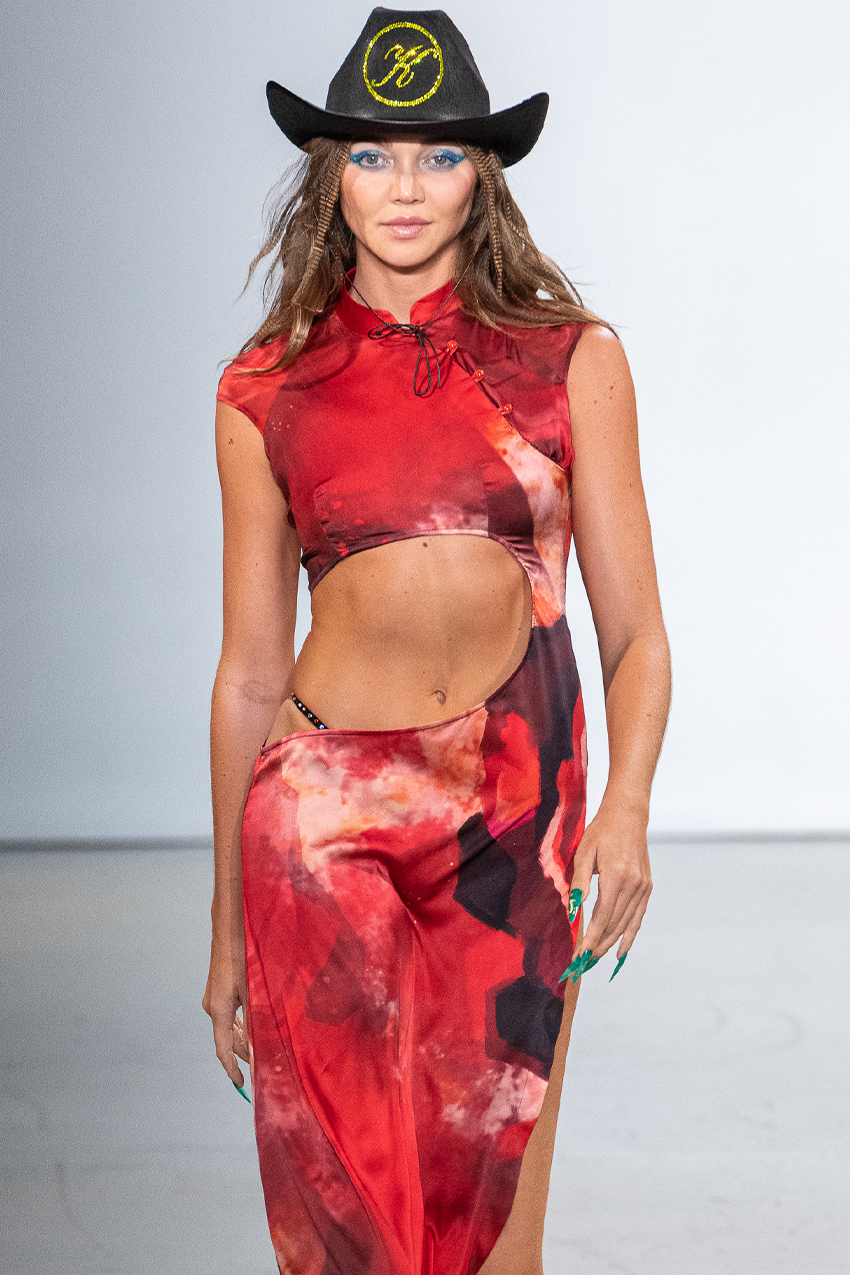
Kim Shui’s work is a must-shop for 2022. Her pieces seem to pull from Y2K elements but are modernly using bold prints and interesting cuts.
Shop the brand:
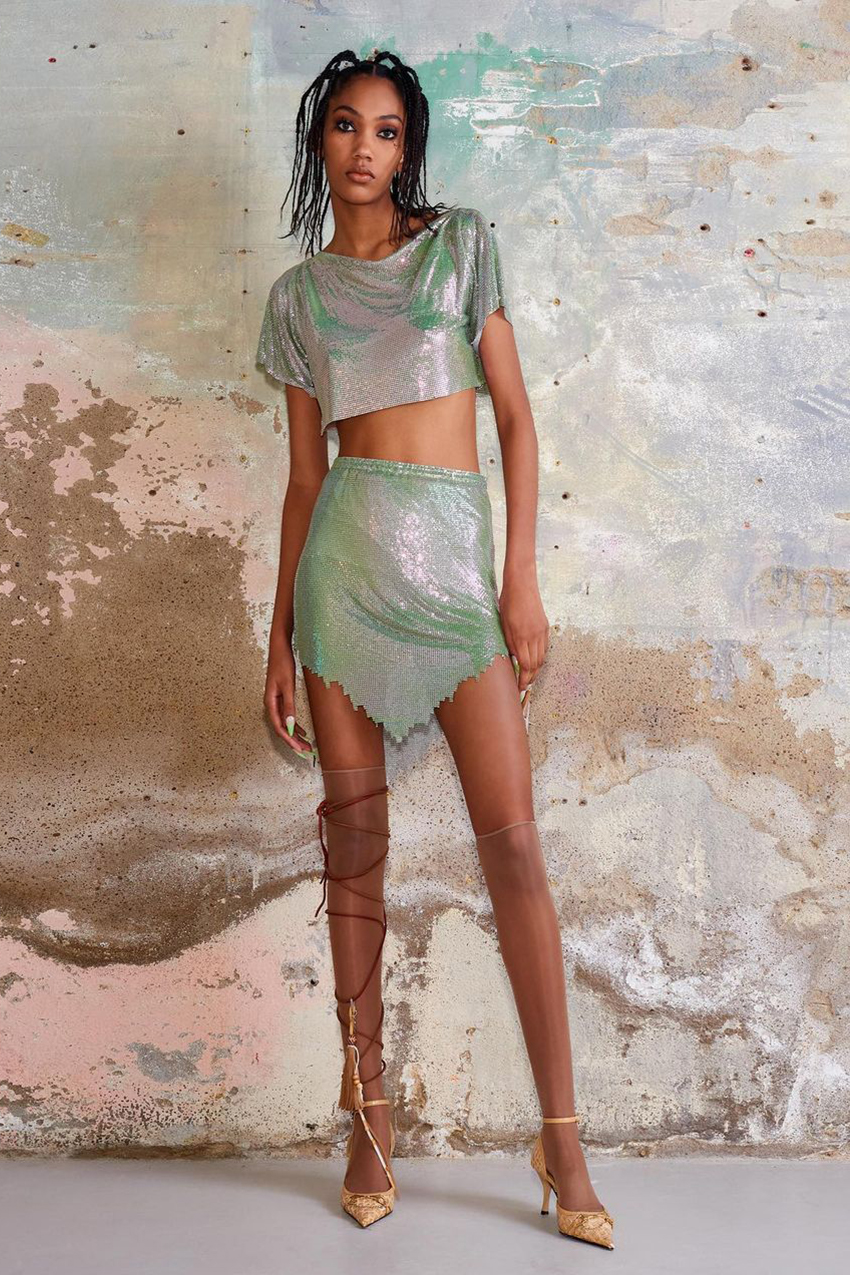
Poster Girl is a brand you want to wear to stand out, as their unique use of chainmail and lace is perfect for a night out. Plus, the London-based brand has already been spotted on the likes of Dua Lipa and Megan Fox, so it’s only a matter of time before it takes over.
Shop the brand:
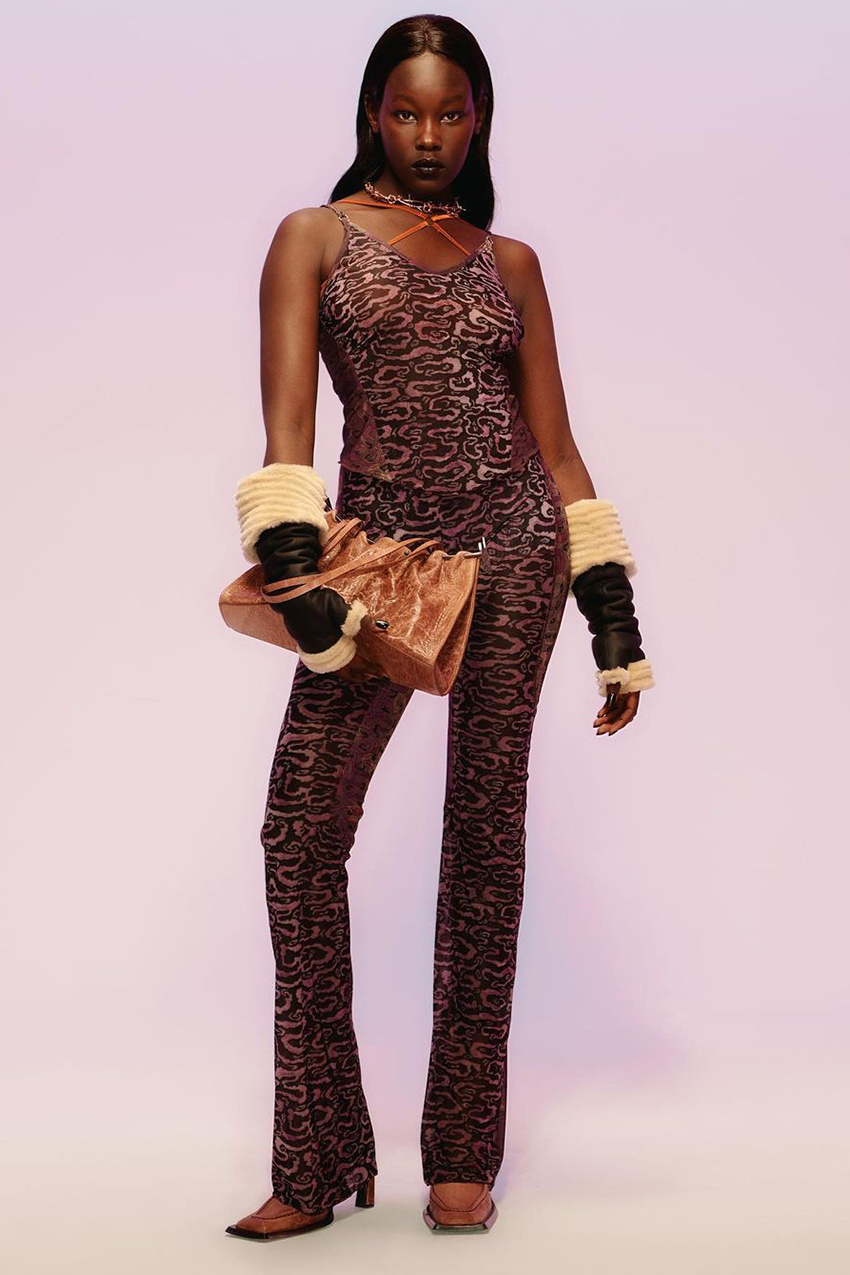
Founded by Charlotte Knowles and Alexandre Arsenault, this south-London based label, we love how they play with the idea of femininity within their silhouettes, and their prints feel very unique.
Shop the brand:
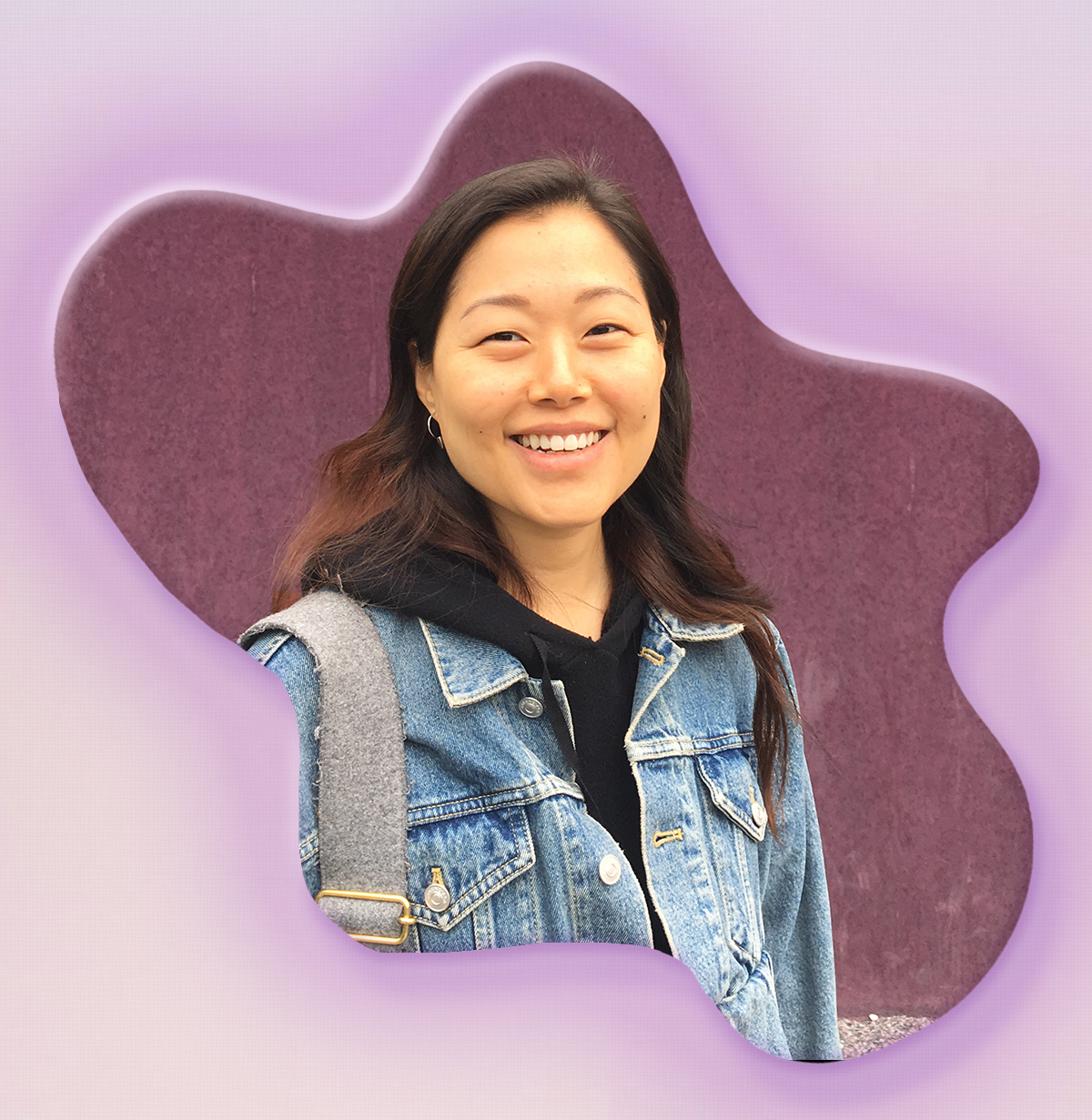
WHO: Gennie Yi Brady, Nordstrom Space Buyer
For those who aren't familiar with your work—what do you do? And how did you break into the fashion industry?
I'm the buyer for Nordstrom Space. I pursued a career in fashion by attending Parsons School of Design and interning for several designer brands. The internships were a great way to gain firsthand experience in different niches within the industry. They also helped me make connections with people who eventually played a part in landing my first job when I graduated working in a buying office for a luxury retailer.
Nordstrom is an incredibly powerful retailer in the industry. How do you think the company has led the charge in the past few years of supporting minority-owned emerging brands?
At Nordstrom, we always look for ways to work with emerging minority-owned brands that share our values, represent the customers we serve and ignite a sense of discovery. We believe in the value of diversity and remain committed to playing an active role in contributing to positive change for our customers and communities. We've set an ambitious goal to deliver $500M in retail sales from brands owned by, operated by, or designed by Black and Latinx individuals by the end of 2025. We partner with industry leaders like the 15 Percent Pledge and Harlem's Fashion Row. While we have made progress, we know more work to be done and are focused on reaching our goals.
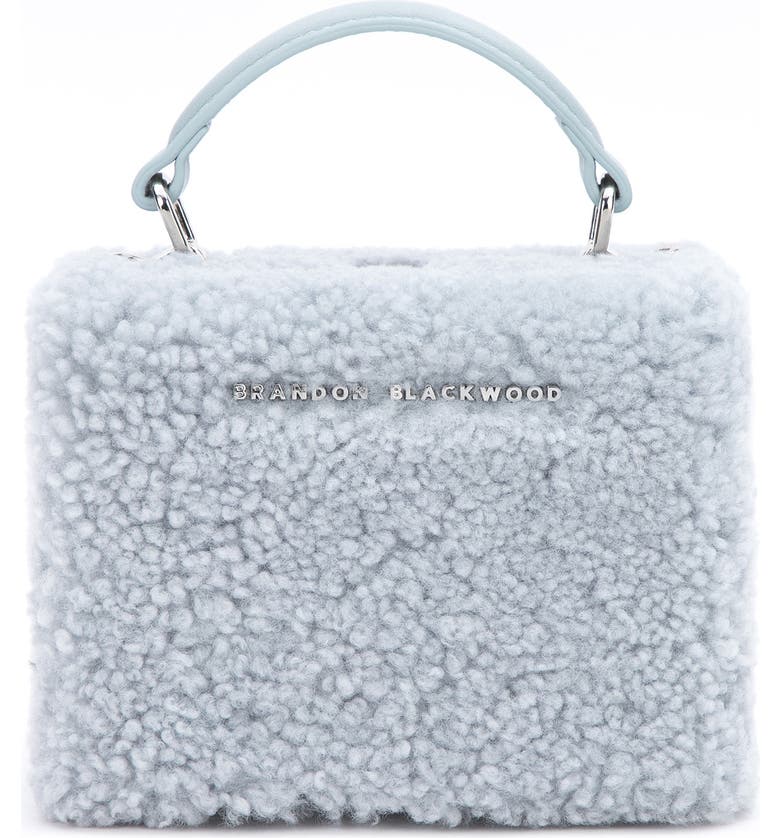
As a buyer and curator, much of your role is about discovering new talent. How do you find new brands? And is there one thing you think makes a rising fashion brand worth following?
Customers who shop at Nordstrom Space come to us looking for a sense of discovery, fun, and what's new. When meeting new designers, I try to understand what's different and unique about their story and perspective and if that aligns with what resonates with our Nordstrom Space customers. Logistically, product quality, price positioning, and their capability to produce and deliver their products in a promised window of time are also important factors when working with emerging brands.
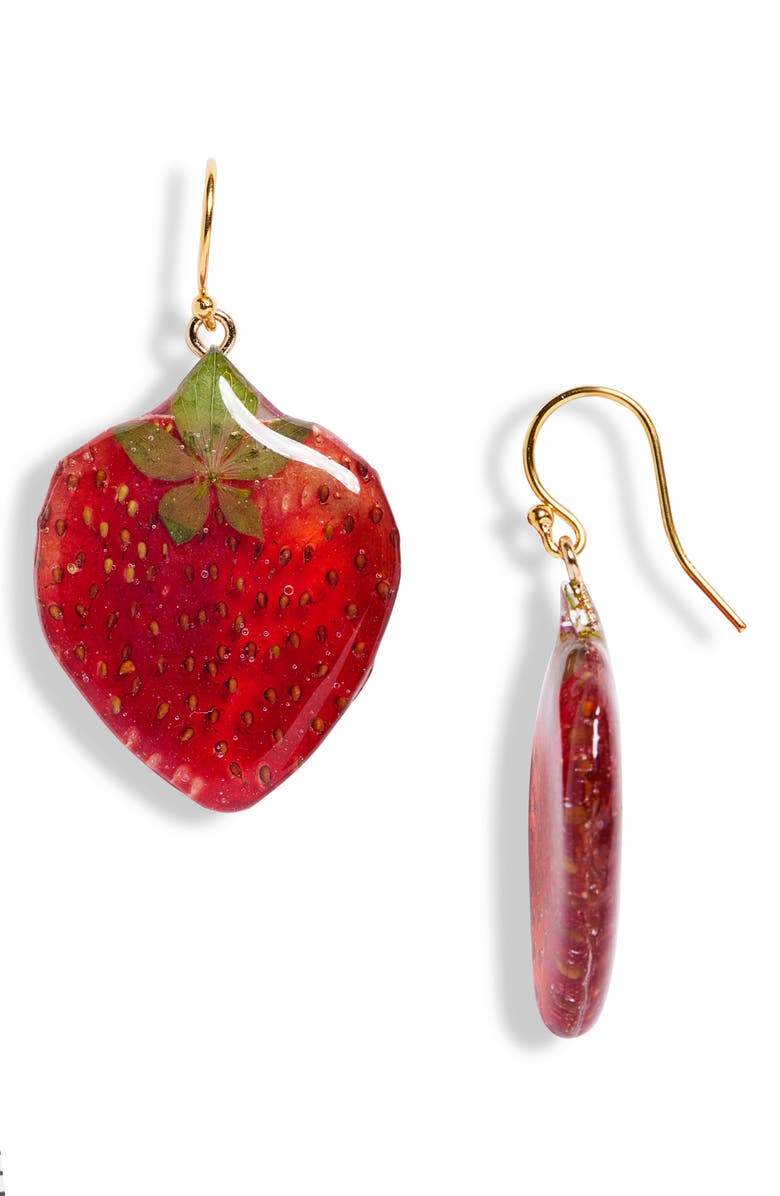
What does it mean to you to support rising talent? Why, in your opinion, is it essential to buy from and wear minority-owned labels?
It's incredibly meaningful to me to support rising talent in the industry, to give their story and vision a platform that has a broad reach and audience. Representation matters, especially minority-owned labels, and this is what our customers continue to respond to. I often find that designers with complex and diverse backgrounds have something interesting and special to say through their work.
Can you share the fashion brands you predict will be big in 2022?
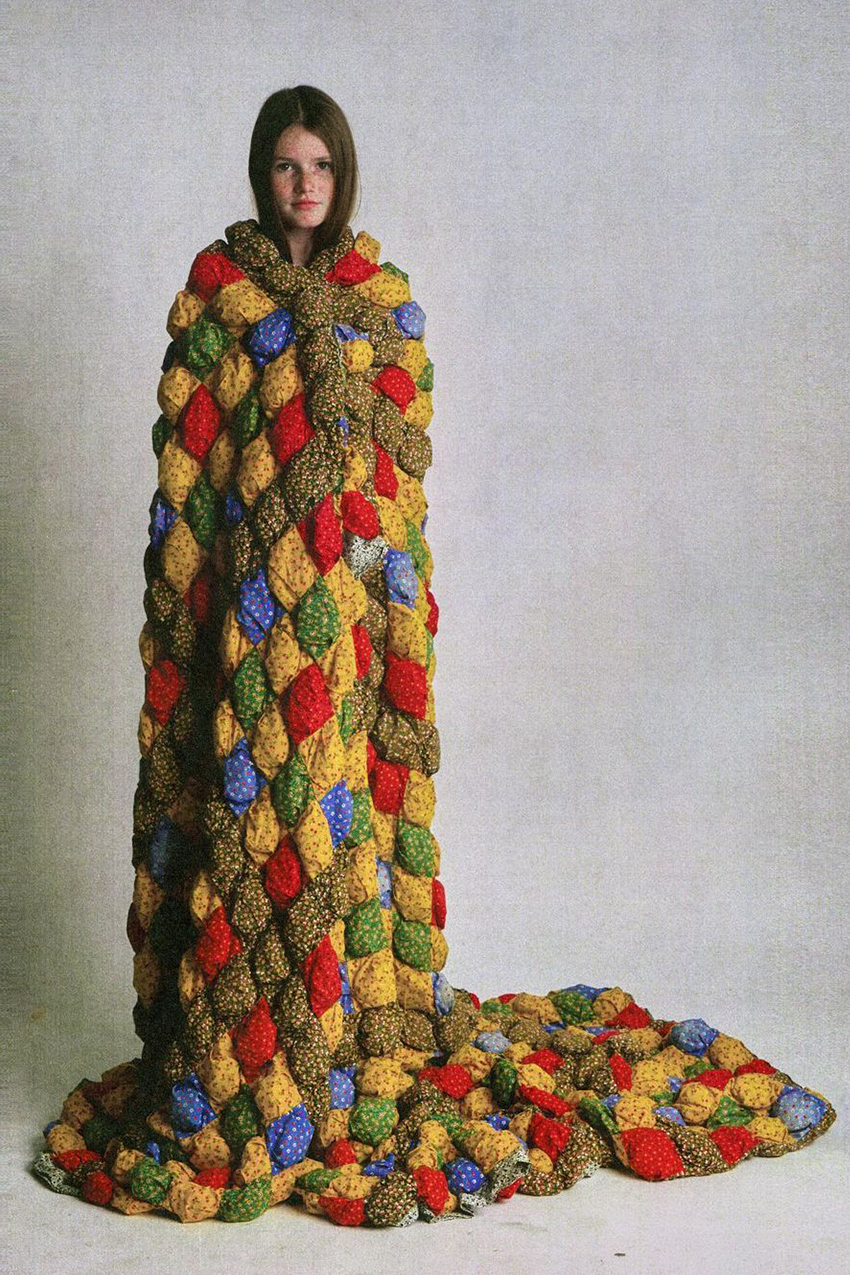
This brand has already had a meteoric rise in the last few seasons (just look at A$AP Rocky's 2021 Met Gala Look). I think by the end of 2022, his brand will have reached a new level of cult status. He has an incredibly edited and curated point of view that feels both nostalgic and current at the same time and has been able to create a world and signature brand language so quickly for a new designer.
Shop the brand:
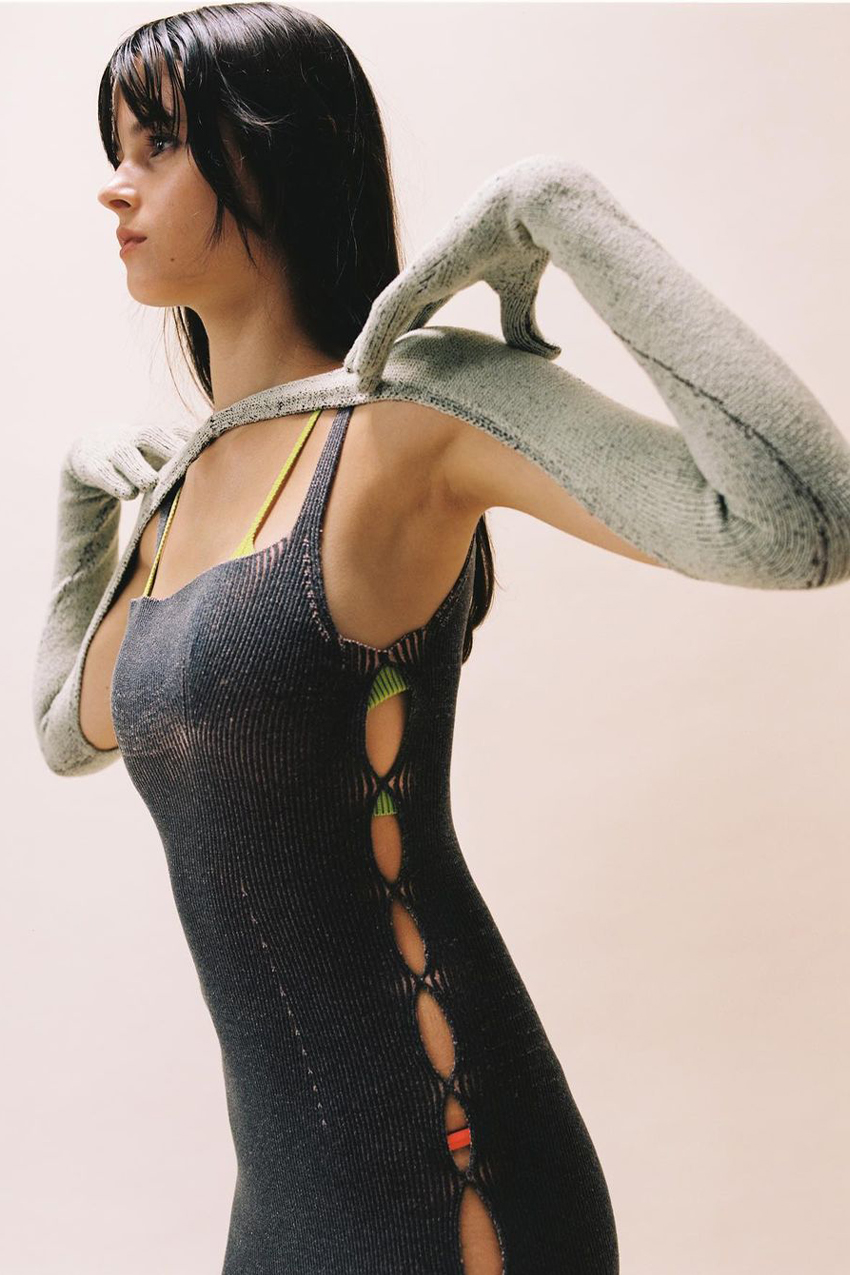
We're continuing to see fantastic feedback around the Indonesia-based designer duo's brand, Isa Boulder. Their knitting technique and sensual, subversive design aesthetic have a tremendous balance of sweetness and darkness. With the launch of their new men's collection, I think this will be one to watch as they grow their customer reach this year.
Shop the brand:
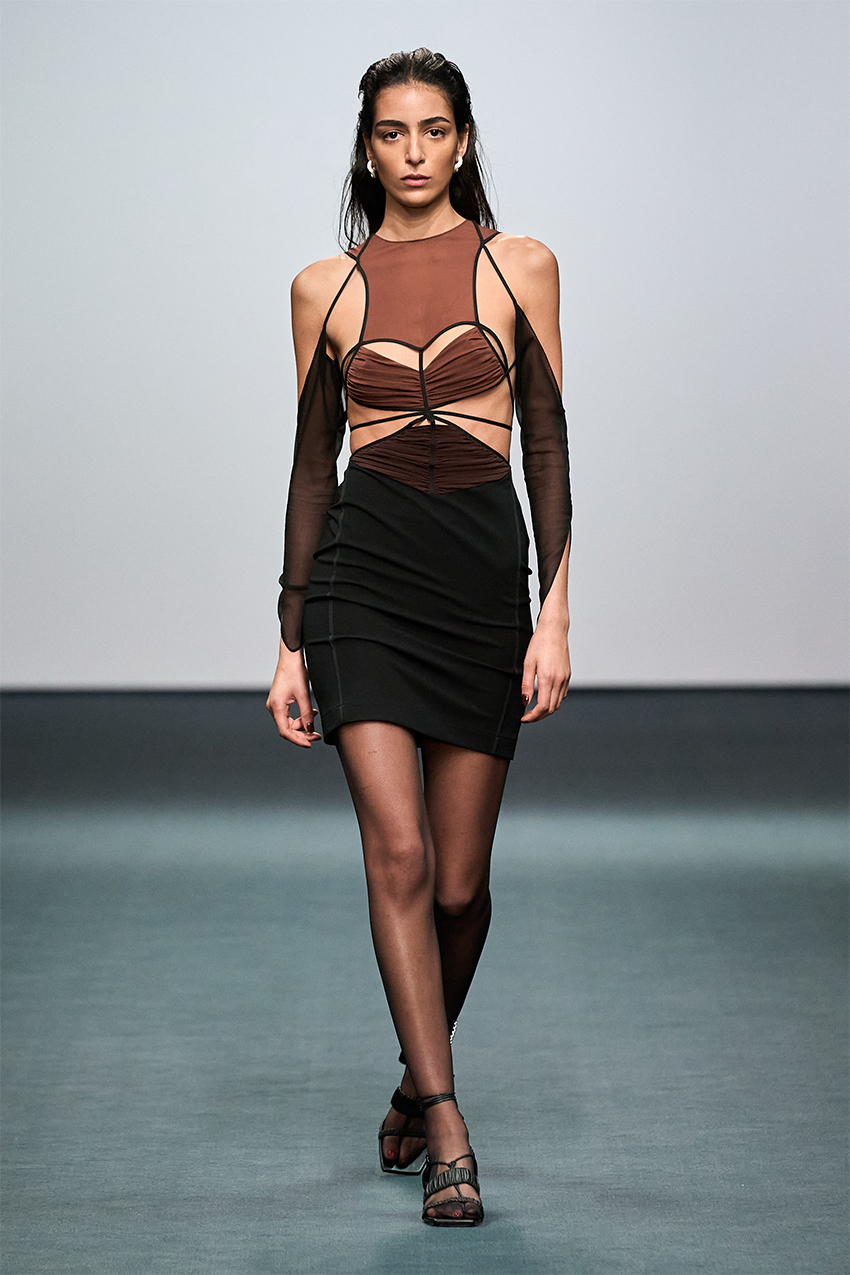
I think the sky's the limit for Nensi Dojaka, who is at such a young point in her career and fresh off of her LVMH prize win in 2021. This Albanian designer has already launched a million copycats and an explosive lingerie-as-everyday-wear trend.
Shop the brand:
Shop more Nordstrom Space curated brands:
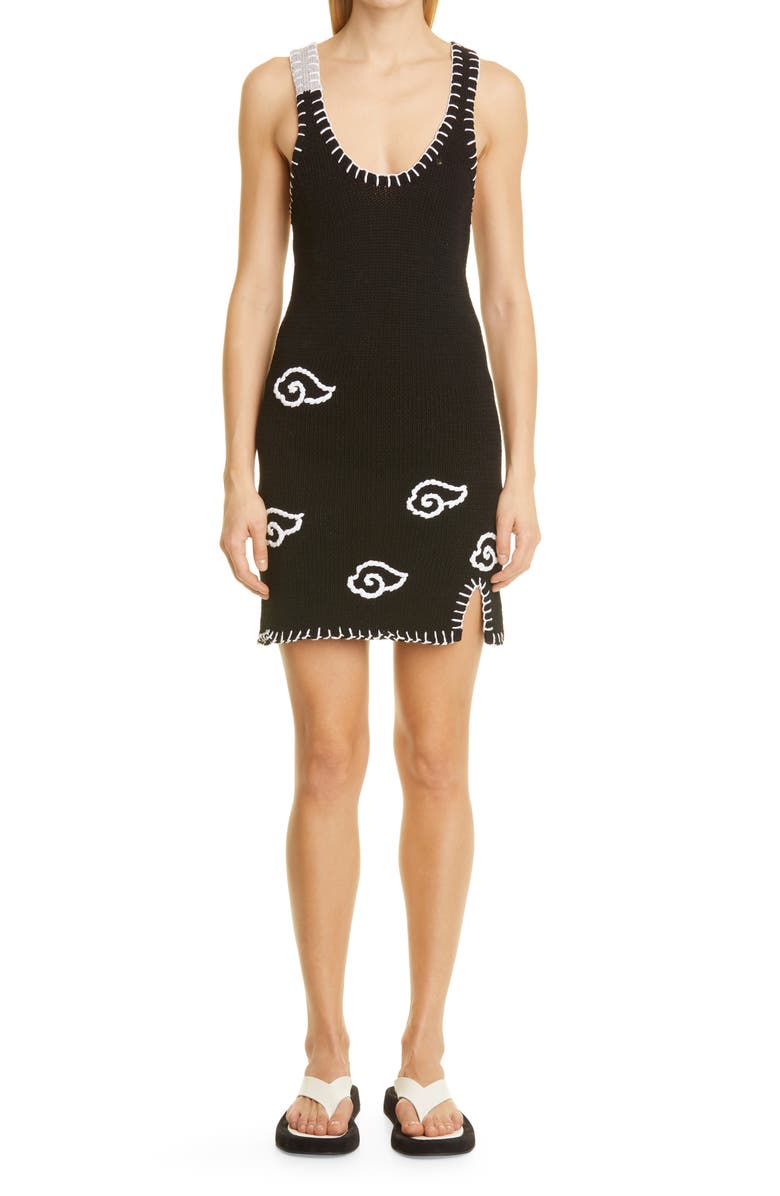
Yanyan is an AAPI-founded knitwear brand that's beloved by the fashion set.
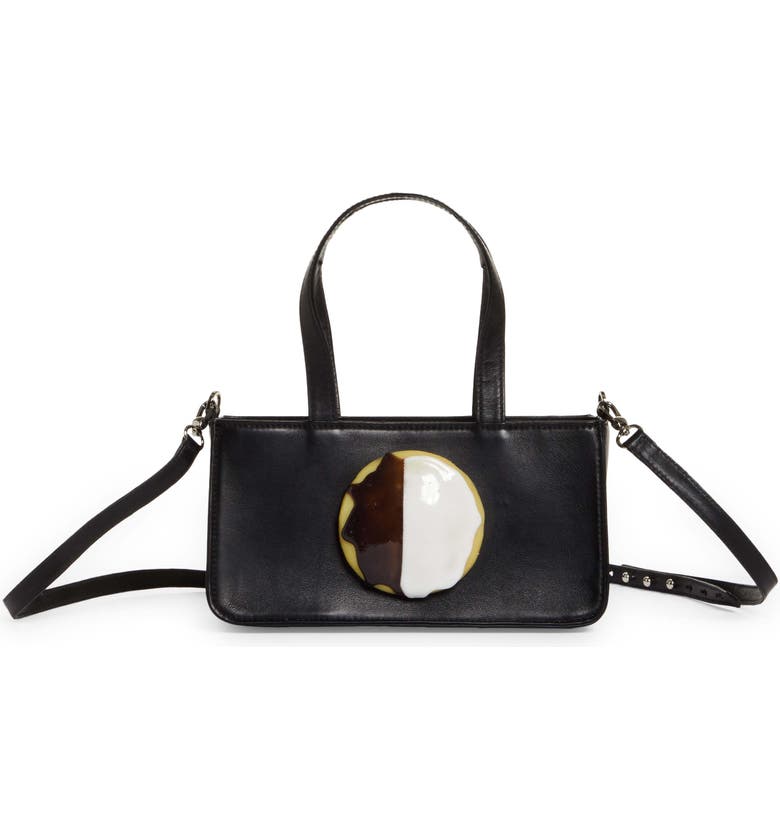
The female-founded brand Puppets and Puppets has caught the attention of the industry for its quirky accessories and ready-to-wear collections.
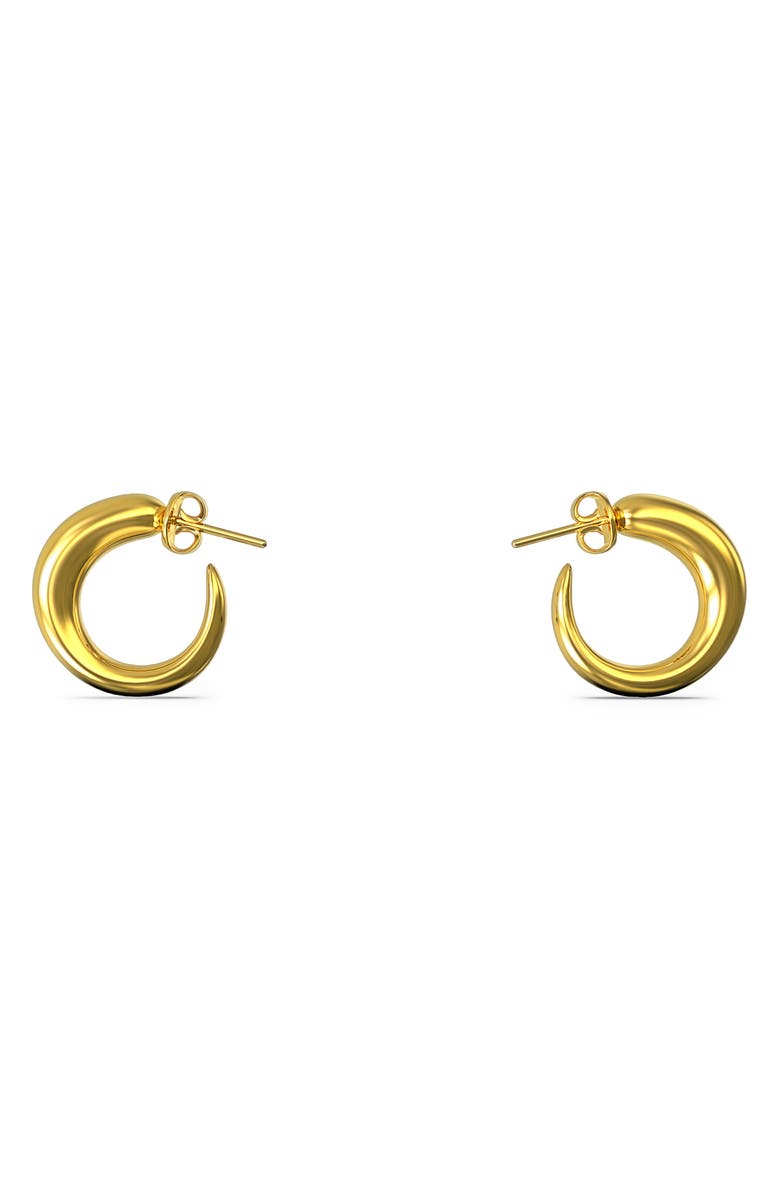
This Black-owned jewelry brand has become a staple in every jewelry lover's collection.
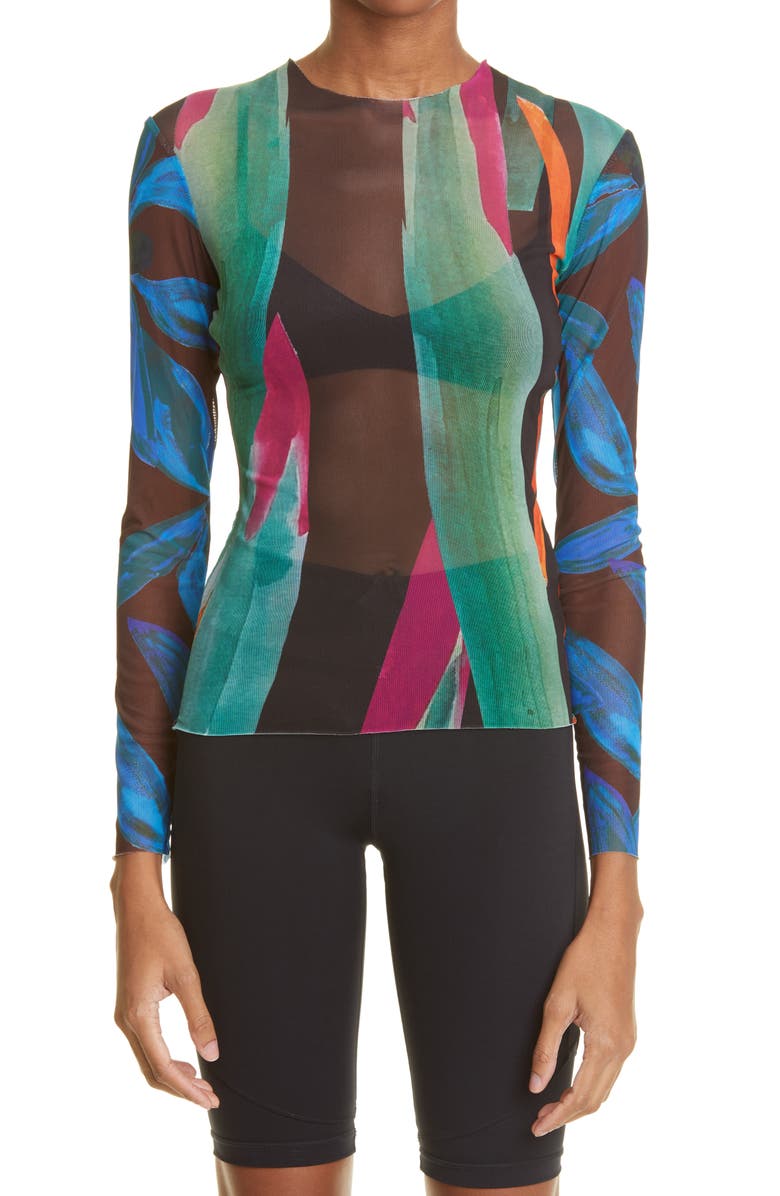
Louisa Ballou's colorful resort wear has become the must-pack brand for every fashion girl.
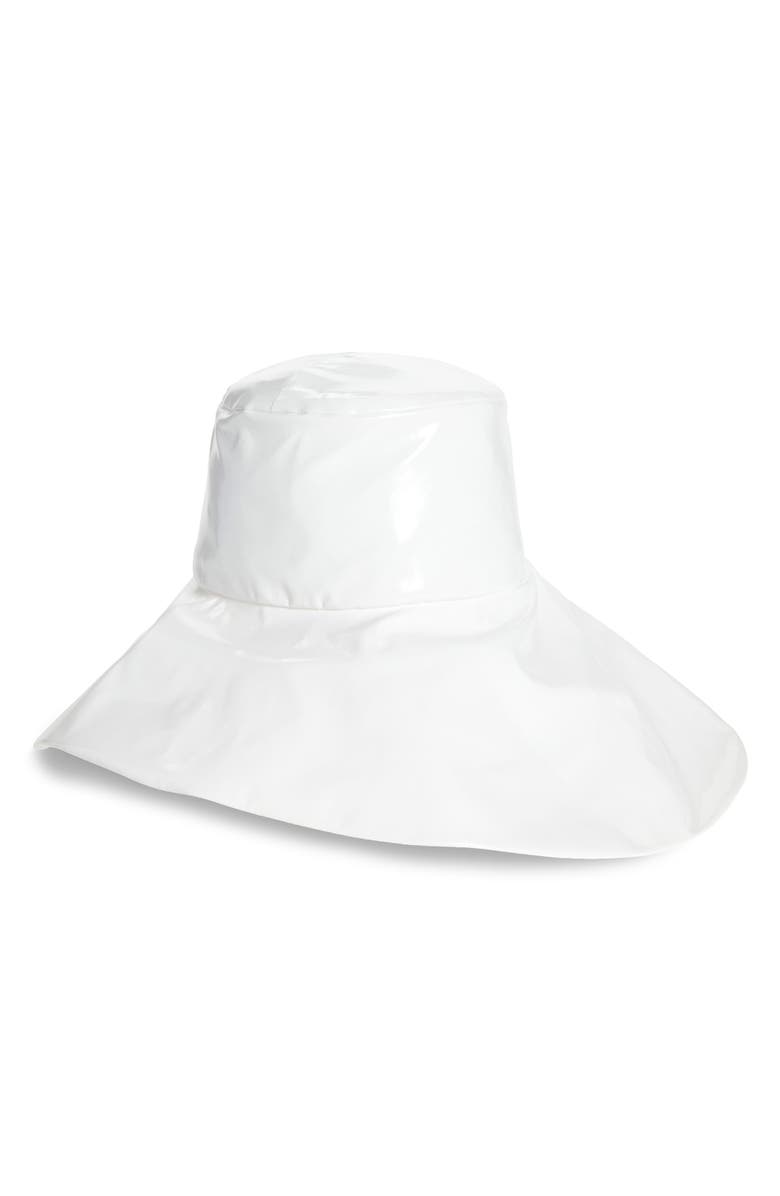
William Okpo is one Black, female-owned brand you need to have on your radar, like yesterday.
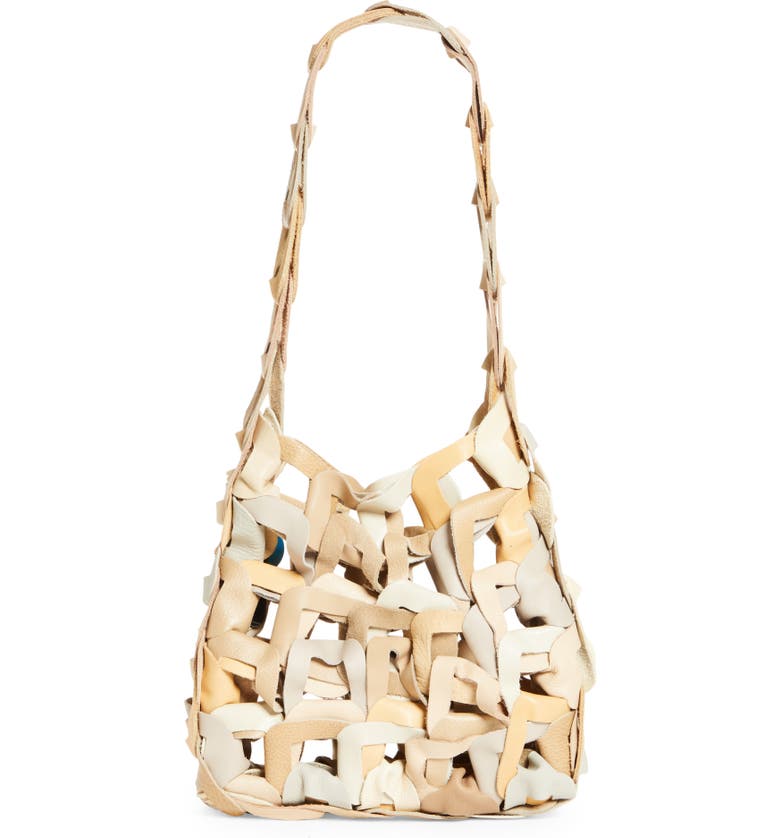
If you prefer to invest in a bag you know not everyone is going to have, look no further than the female-founded brand, SC103. Their unique linked pieces are truly one-of-a-kind.
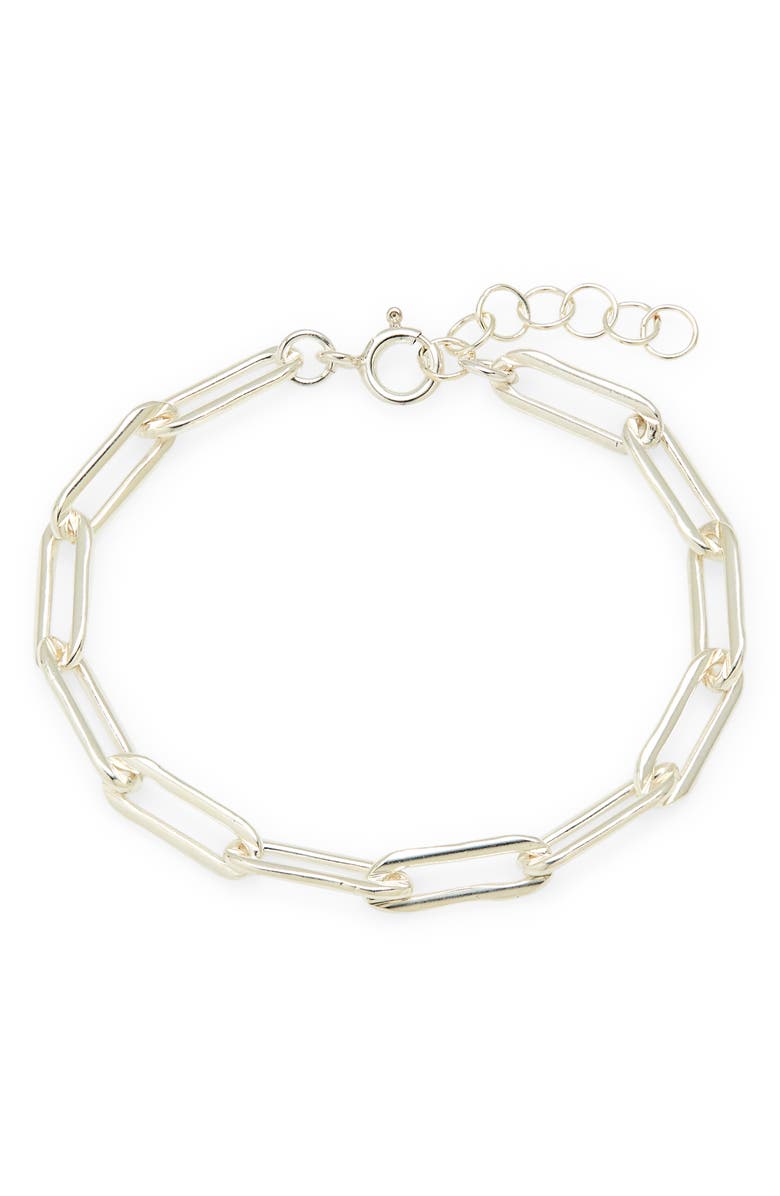
Bychari's jewelry first got on the collective radar since being spotted on icons like Michelle Obama, since then its jewelry has become a must-shop for anyone looking to collect great pieces.
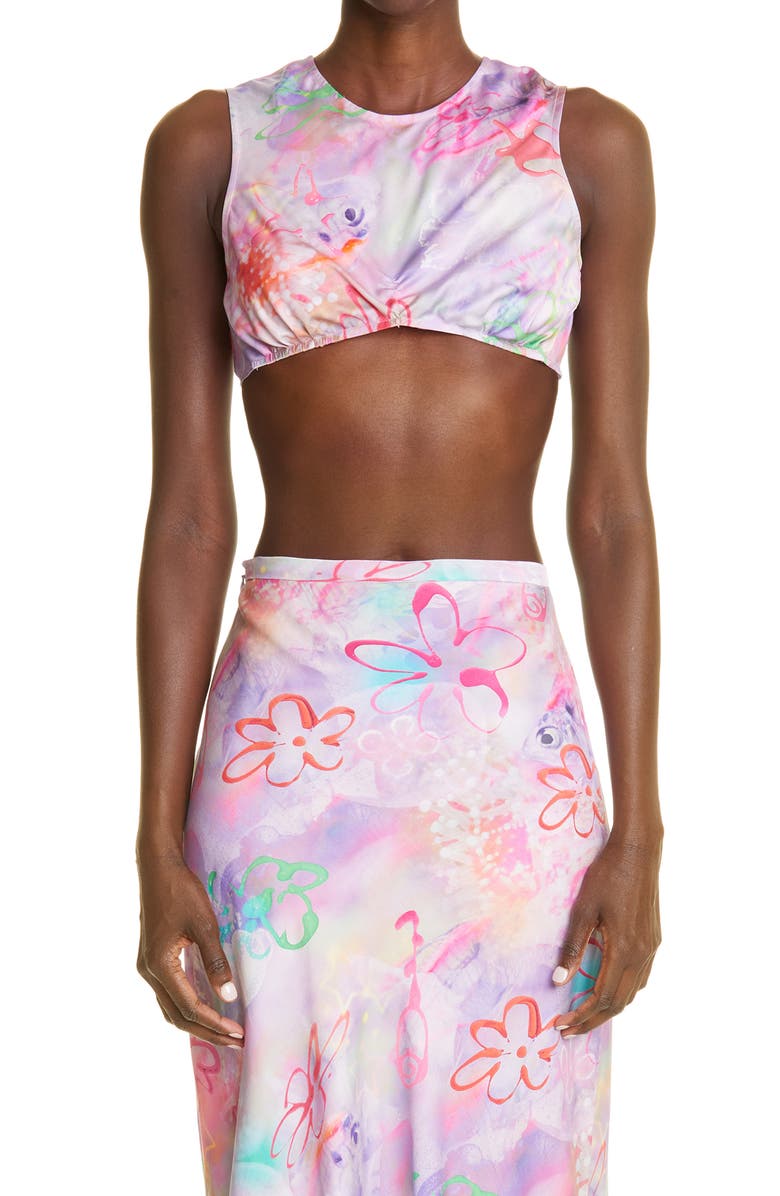
Collina Strada's pieces have secured a cult following for their radical and fun approach to design.
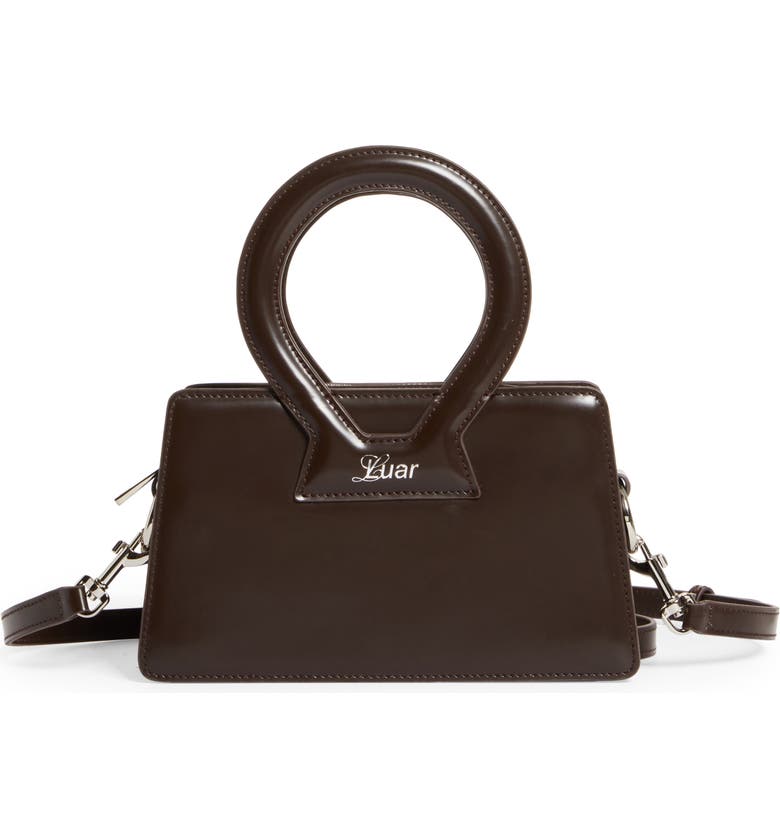
Don't say we didn't warn you: The next It bag is coming from Luar.
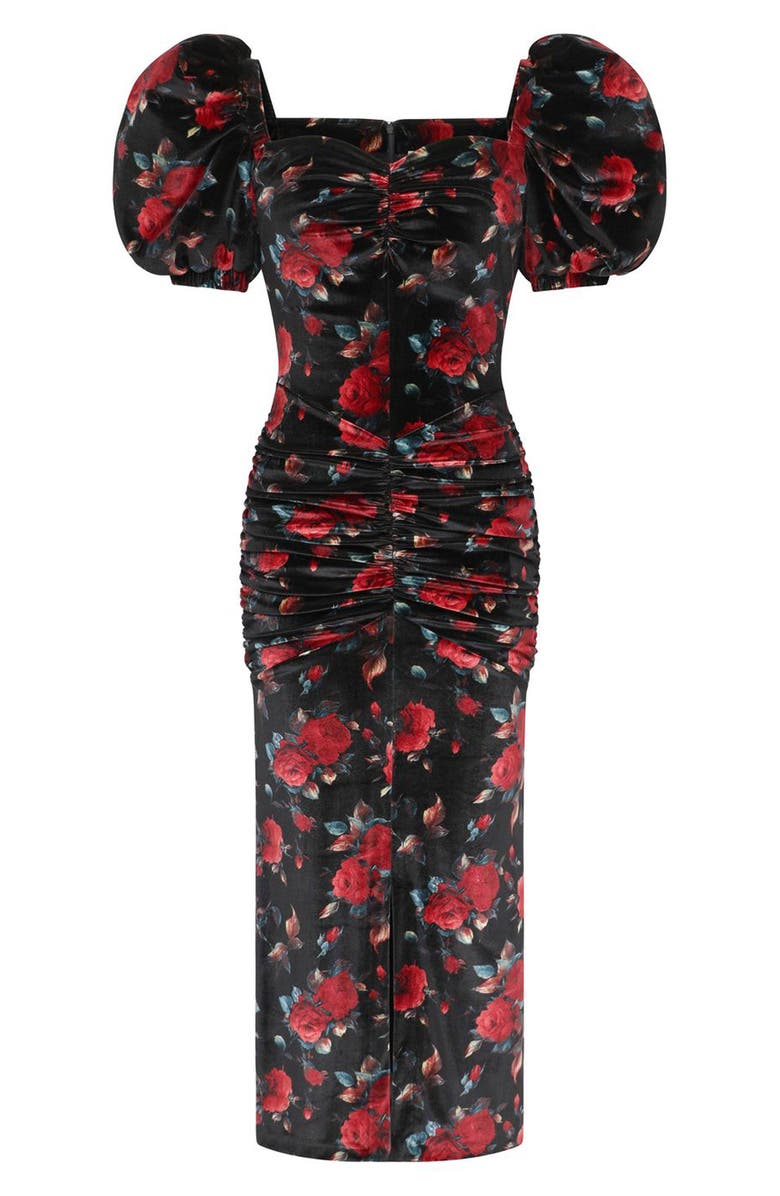
Autumn Adeigbo first gained notoriety for her fun hair-accessory collection. Since then, she's made a name for herself with printed ready-to-wear pieces.
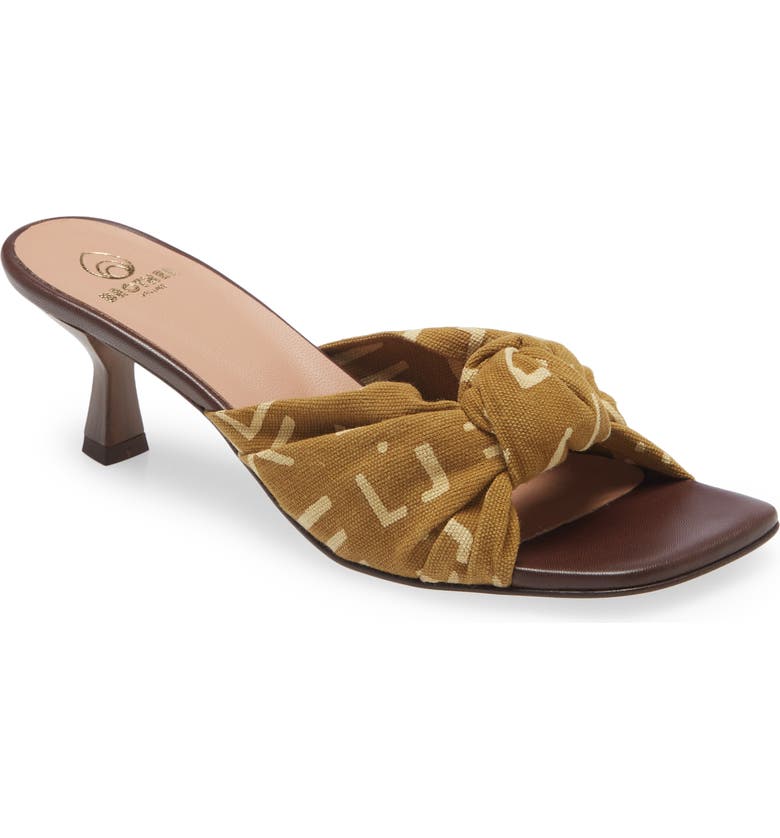
Brother Vellies champions African craftsmanship, so you can feel good buying anything from the brand.
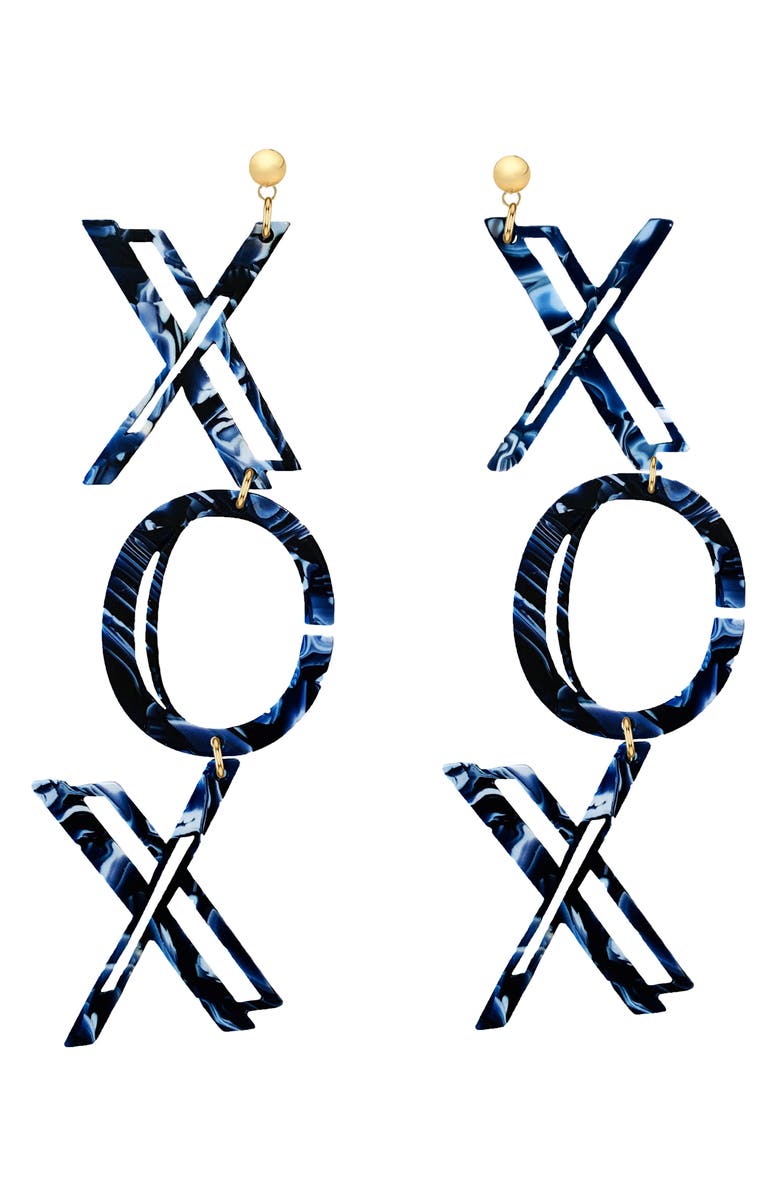
If you're all about supporting rising Black-owned brands, then you'll want to put this jewelry brand on your shopping list.
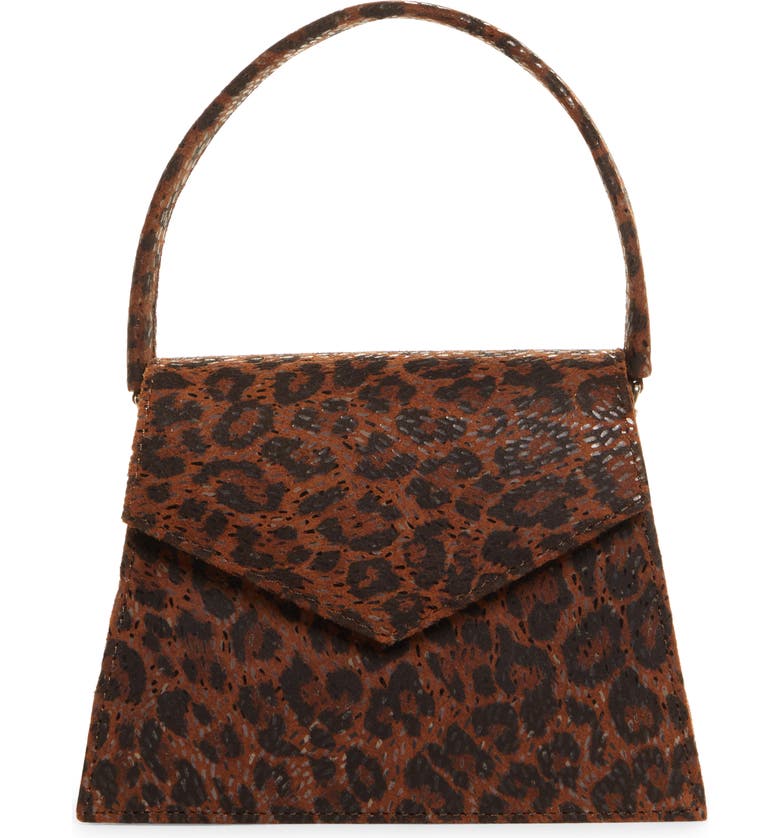
Want to support a Black-owned handbag brand? Look no further than Anima Iris.
Next: 18 Buzzy Female-Owned Fashion Brands the Fashion Set Loves

Jasmine Fox-Suliaman is a freelance writer and editor living in New York City. What began as a pastime (blogging on Tumblr) transformed into a lifelong passion for unveiling the connection between fashion and culture on the internet and in real life. Over the last decade, she's melded her extensive edit and social background to various on-staff positions at Who What Wear, MyDomaine, and Byrdie. More recently, she’s become a freelance contributor to other publications including Vogue, Editorialist, and The Cut. Off the clock, you can find her clutching her cell phone as she's constantly scrolling through TikTok and The RealReal, in search of the next cool thing.
-
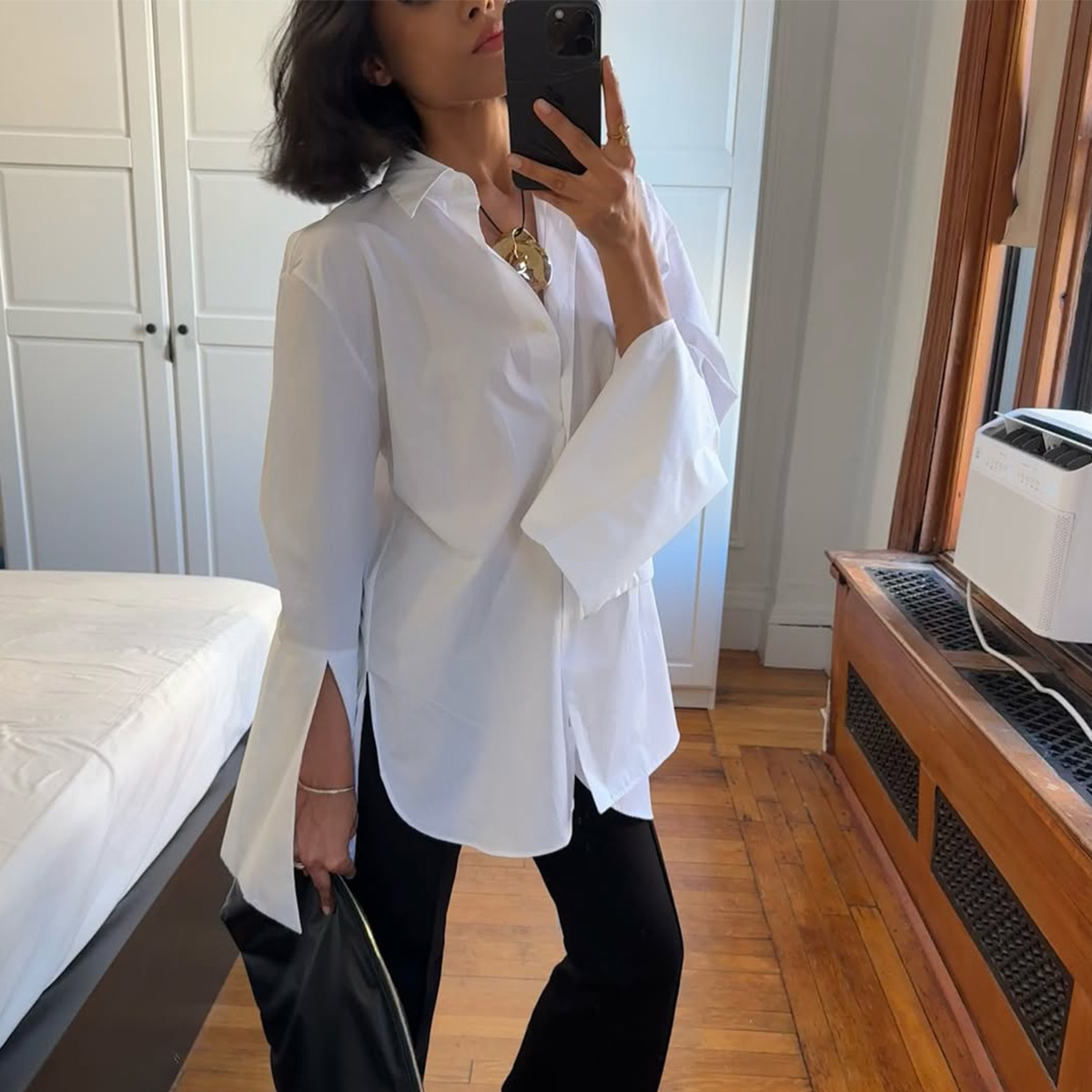 I'm a Fashion Editor—42 Things I'm Buying For My Chicest Spring Yet
I'm a Fashion Editor—42 Things I'm Buying For My Chicest Spring YetFrom Jacquemus to Gap.
By Anna LaPlaca
-
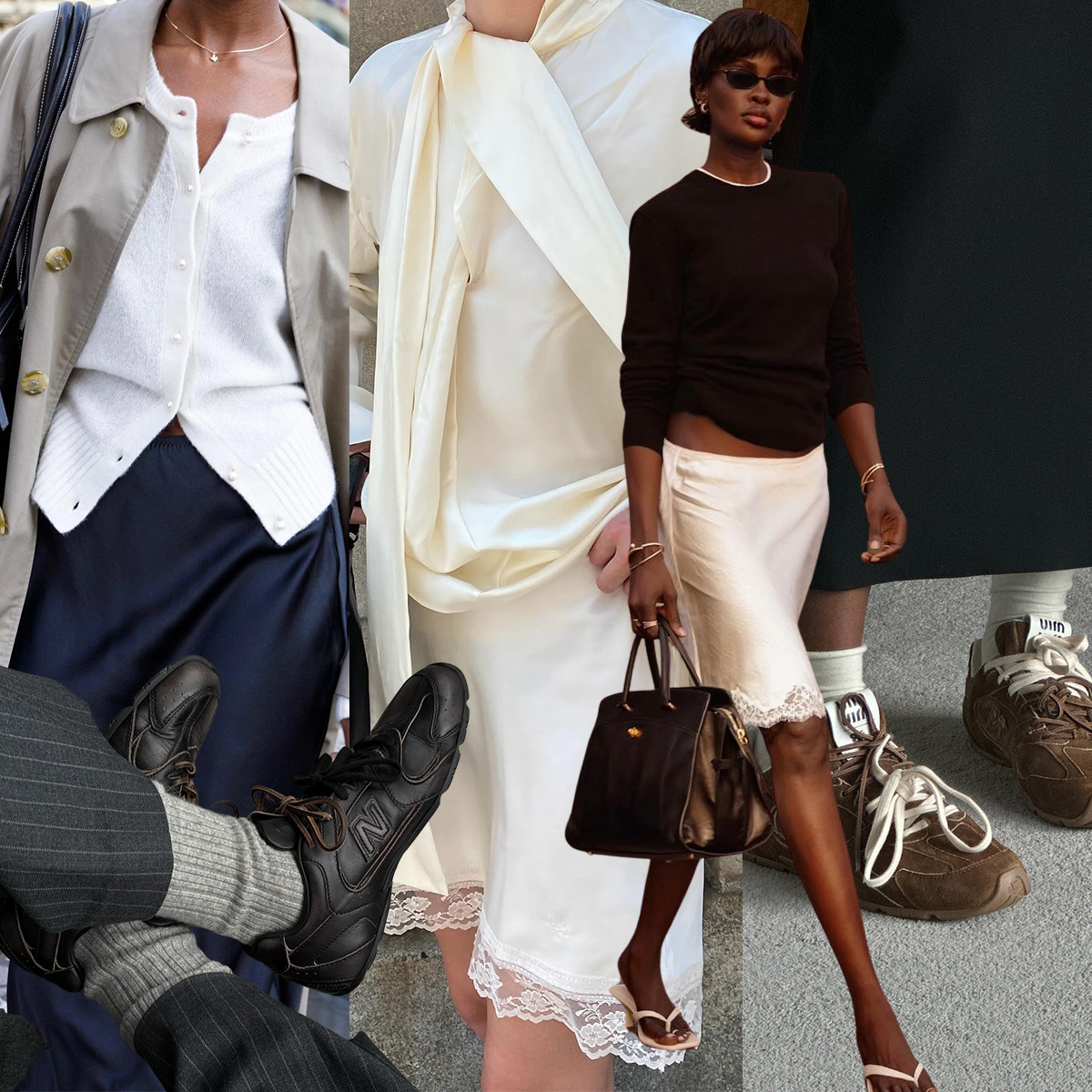 I Never Wear These Outdated Staples Anymore—6 I'm Buying to Freshen Things Up
I Never Wear These Outdated Staples Anymore—6 I'm Buying to Freshen Things UpClearing out.
By Eliza Huber
-
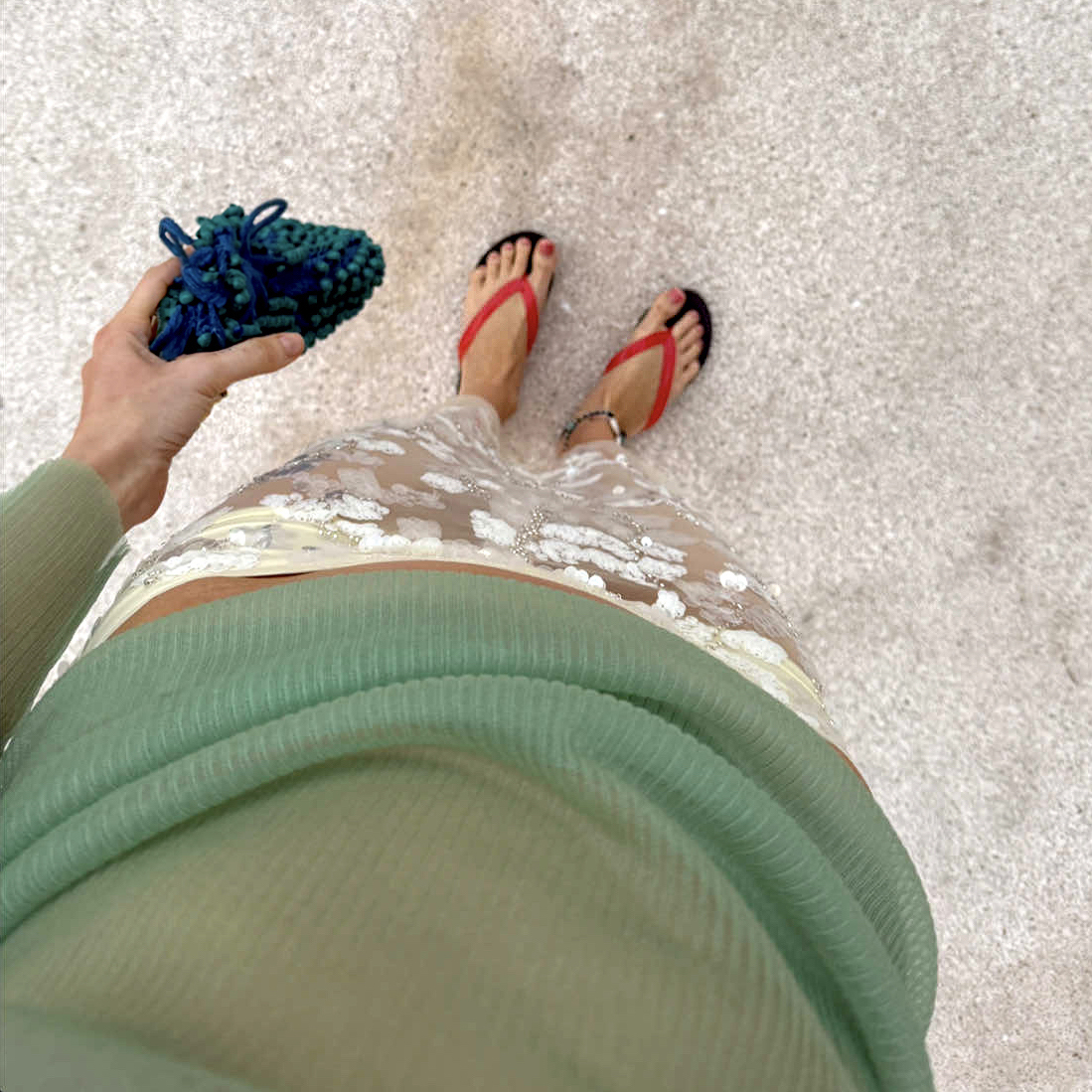 These $30 Gap Sandals Are Just as Cool as the $650 Pair That's Been on My Mind Since Last Spring
These $30 Gap Sandals Are Just as Cool as the $650 Pair That's Been on My Mind Since Last SpringThey are currently on sale for just $23.
By Jennifer Camp Forbes
-
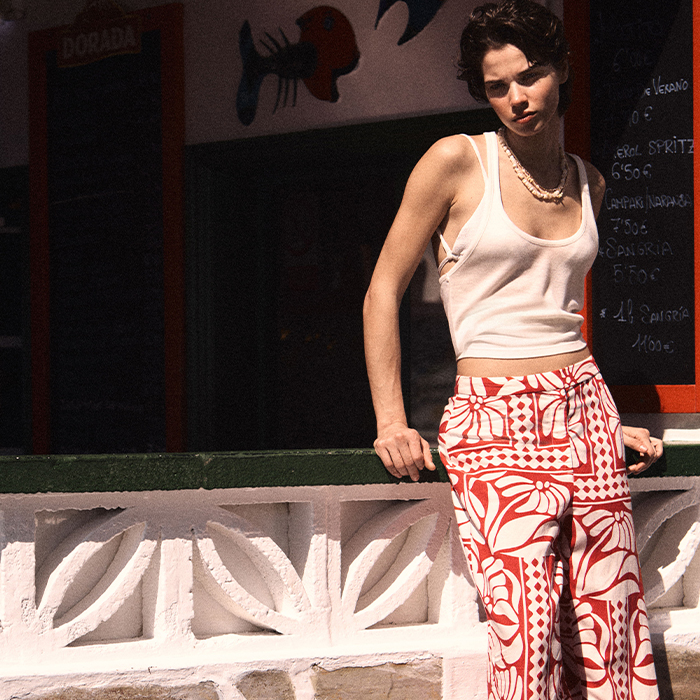 I'll Clue You In: Fashion People Are Freaking Out Over These 33 Spring H&M New Arrivals
I'll Clue You In: Fashion People Are Freaking Out Over These 33 Spring H&M New ArrivalsGorgeous warm-weather styles ahead.
By Chichi Offor
-
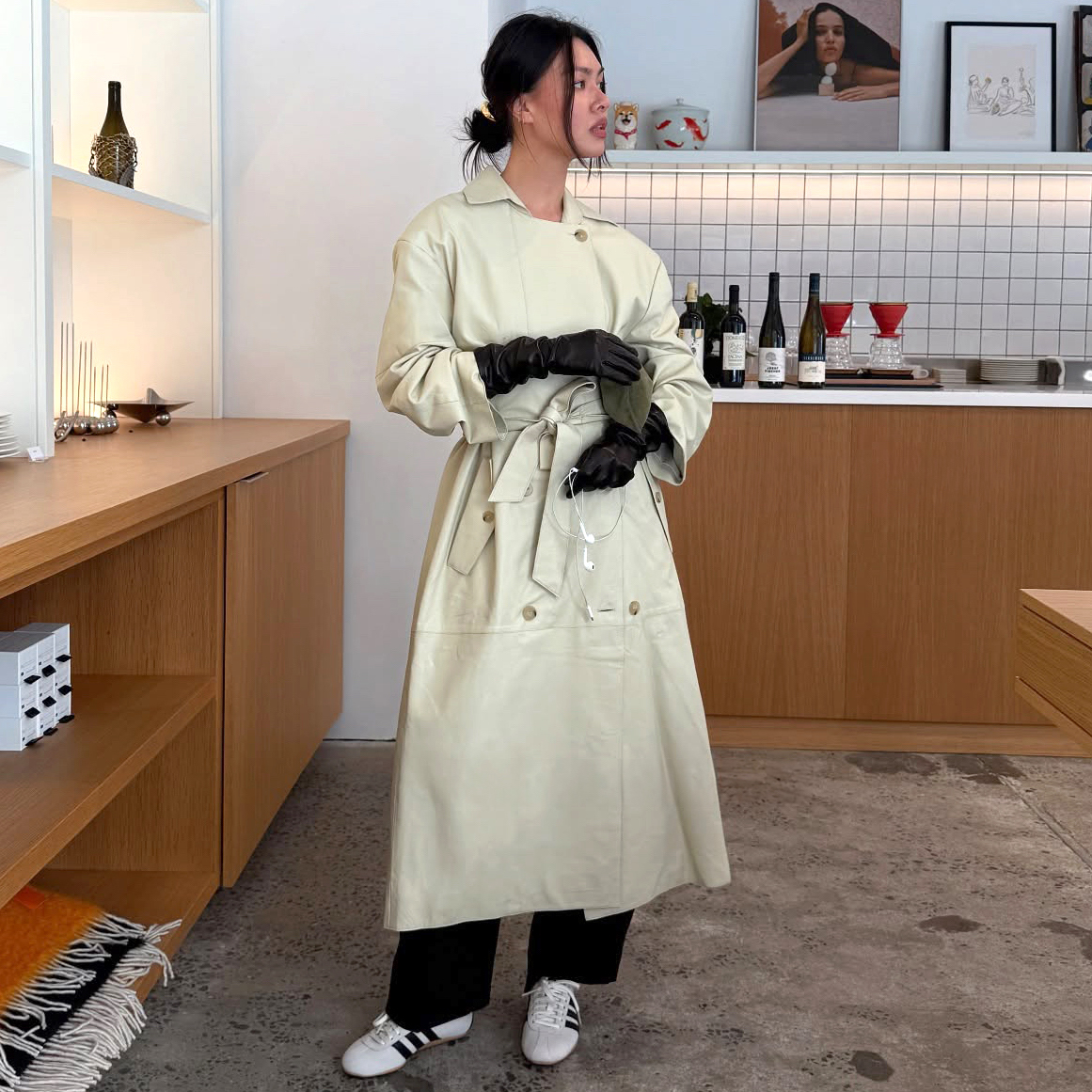 My Friend Gave Me a $550 Budget to Update Her Spring Wardrobe—Here's What I Ordered
My Friend Gave Me a $550 Budget to Update Her Spring Wardrobe—Here's What I OrderedI narrowed it down to eight key pieces.
By Jennifer Camp Forbes
-
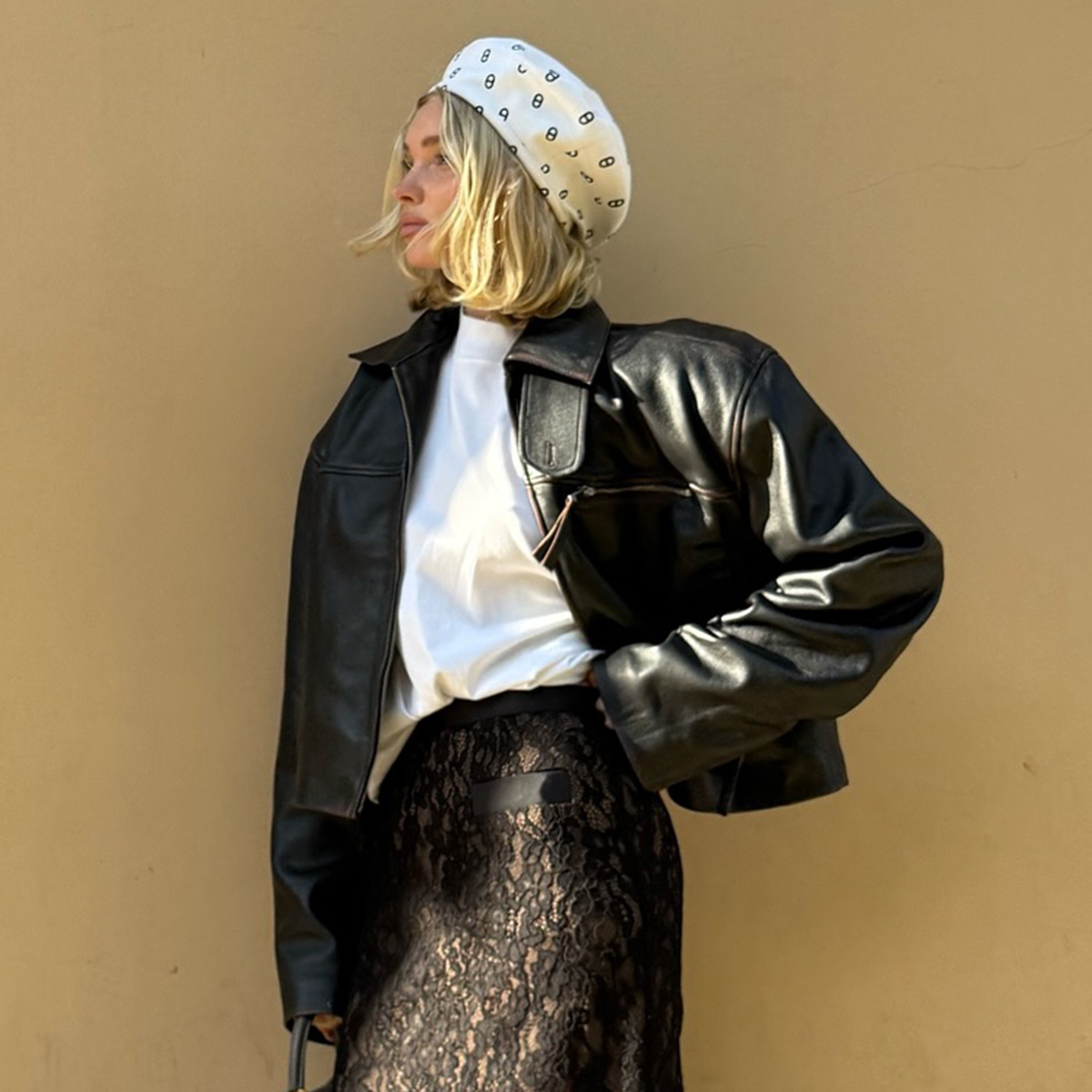 Got Taste? I Picked 37 Revolve Items Just for You
Got Taste? I Picked 37 Revolve Items Just for YouEnjoy.
By Eliza Huber
-
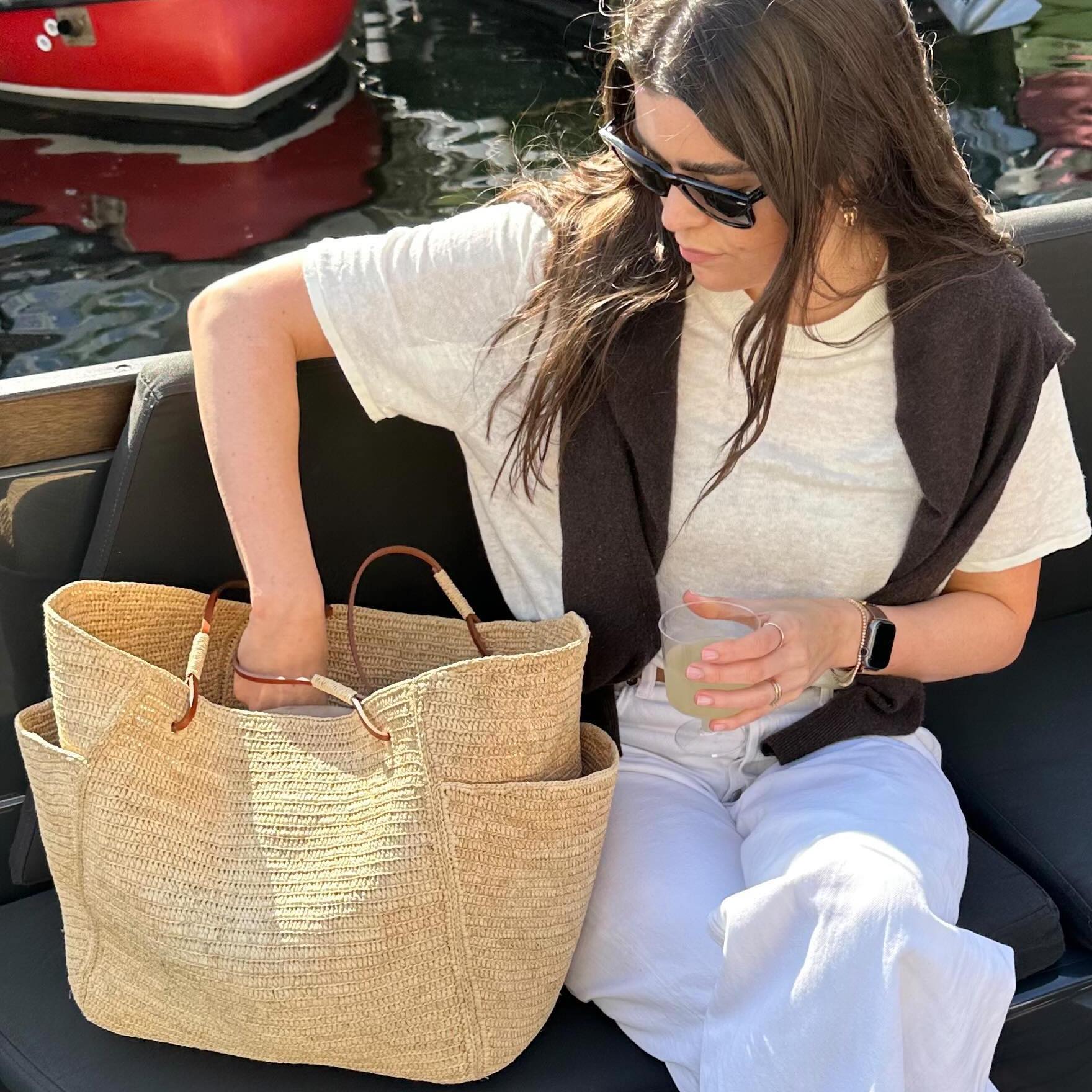 Effortless Cool-Girl Vibes Are the Goal—26 Sale Picks From J.Crew and Gap That Fit the Bill
Effortless Cool-Girl Vibes Are the Goal—26 Sale Picks From J.Crew and Gap That Fit the BillHello, spring.
By Jennifer Camp Forbes
-
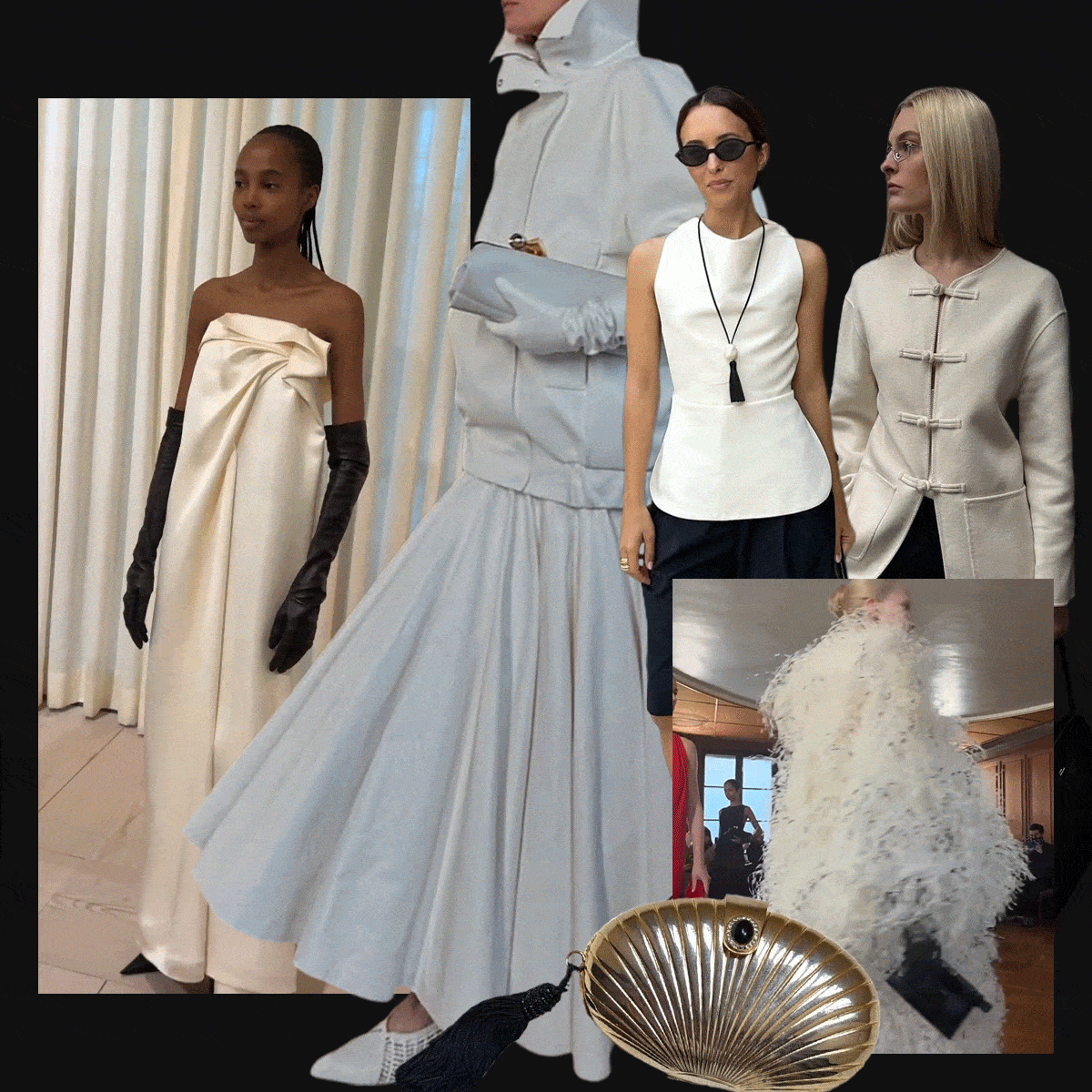 Opulent Minimalism Is My Entire Spring Mood—I'll Explain With These 31 Finds
Opulent Minimalism Is My Entire Spring Mood—I'll Explain With These 31 FindsSatin! Fringe! Tweed!
By Anna LaPlaca
